Blog
Mastering Project Cost Tracking: A Comprehensive Guide
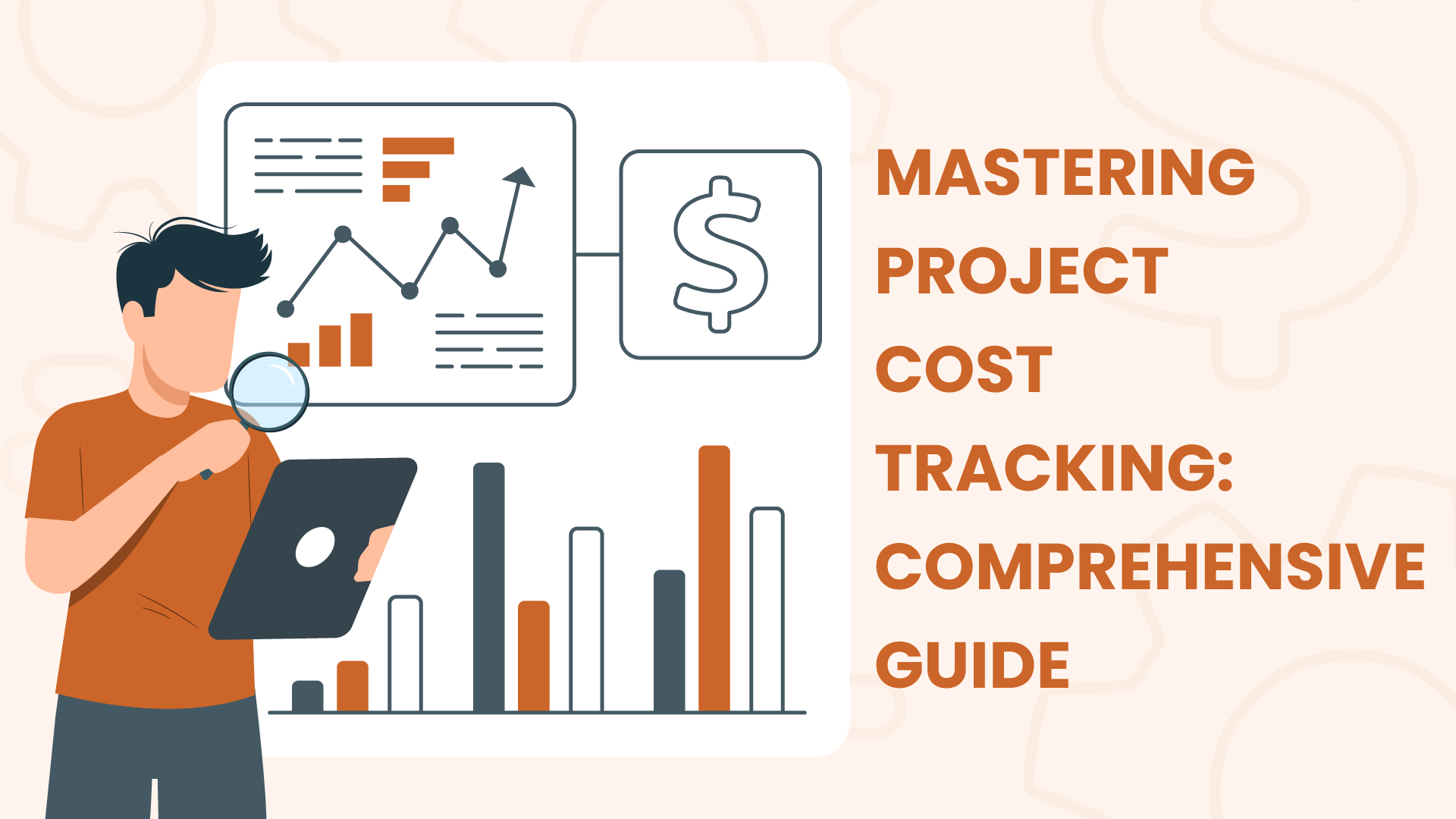
One of the biggest challenges in project management is keeping costs under control while meeting deadlines and maintaining quality. Proper budget oversight can make all the difference between a successful project and one that spirals out of control. This is where effective project cost tracking becomes essential. By monitoring expenses closely and aligning them with the overall project budget, teams can avoid common pitfalls like overspending and ensure smooth project execution.
In this guide, we’ll dive into the essentials of project cost tracking, why it’s crucial for project success, and how the right project cost tracking software can streamline the entire process.
What is Project Cost Tracking?
At its core, project cost tracking refers to the process of monitoring and recording all the expenses associated with a project. This includes everything from direct costs, such as materials and labor, to indirect costs like overhead and administrative fees. Effective cost tracking allows project managers to compare the actual costs incurred against the projected budget, ensuring that the project stays on track financially.
Cost Tracking vs. Budget Tracking: Budget tracking involves setting financial limits at the start of a project and continuously monitoring expenses to ensure they stay within the allocated amount. Cost tracking, on the other hand, ensures that these financial boundaries are adhered to throughout the project, helping to manage the financial health of the project and prevent budget overruns.
Both processes are integral to maintaining control over project finances and ensuring successful project outcomes.
Why is Tracking Project Costs Essential for Project Success
Failing to manage costs effectively can lead to several problems that threaten the success of a project. Without proper tracking, it’s easy for projects to overrun budgets, miss deadlines, and lose profitability.
Key benefits of project cost tracking include:
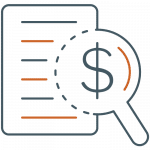
Transparency in Expenses: Knowing where every dollar is spent ensures you can account for all project costs, making it easier to identify and address potential budget issues early.

Real-Time Financial Visibility: When costs are tracked in real time, project managers can make informed decisions quickly, preventing financial issues from escalating.
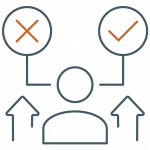
Improved Decision-Making: Tracking costs allows teams to adjust scope or resources when necessary, ensuring that projects remain on budget while still meeting their goals.
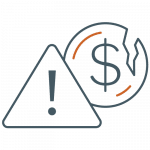
Prevention of Budget Overruns: By aligning project cost tracking with project budget tracking, teams can anticipate and avoid unexpected expenses that push a project beyond its budget limits.
Key Components of Effective Project Cost Tracking
To successfully manage project costs, you need to focus on several key components:
- Direct Costs: These include tangible expenses such as materials, labor, and equipment. Tracking these in detail ensures that all core project costs are accurately recorded.
- Indirect Costs: Overhead, administrative expenses, and other indirect costs often go unnoticed but play a significant role in overall project spending.
- Time Tracking: Labor costs often represent a large portion of a project’s expenses. Monitoring time spent on tasks is essential for accurate cost allocation.
- Project Milestones: Linking costs to specific project milestones or phases helps track progress and ensures that each phase stays within budget.
Effective cost tracking combines these elements to give project managers a comprehensive view of project expenses.
The Role of Project Cost Tracking Software
Managing all of these elements manually can be time-consuming and prone to error. This is where project cost tracking software comes into play. These tools automate many aspects of cost management, providing real-time insights into expenses and budgets.
Key features of project cost tracking software:
![]()
Real-Time Cost Tracking: Automatically track costs as they occur, ensuring that you always have up-to-date financial data at your fingertips.

Automated Reporting: Generate reports that compare actual costs to budgeted amounts, providing insights into cost overruns and opportunities for savings.
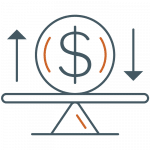
Budget Comparison: Track the variance between estimated and actual costs to assess financial performance.

Integration with Other Tools: Many project cost tracking software options integrate with project management software or PPM software, creating a seamless workflow for managing both project tasks and finances.

Integration with Project Management Tools: Many project management software and project portfolio management software solutions incorporate cost tracking into their systems. This allows teams to manage both project tasks and financials within one seamless workflow. By integrating cost tracking into these broader project management platforms, users benefit from enhanced visibility, accurate reporting, and streamlined operations across all project stages.
Popular project cost tracking software solutions, like Cerri Project, include tools that not only monitor costs but also provide analytics to help you manage future projects more effectively.
![]()
How to Choose the Right Project Cost Tracking Software
Selecting the right project cost tracking software requires a clear understanding of your team’s needs and project requirements. Here are key considerations:
- Integration with Existing Systems: Look for software that integrates with your existing project management software or PPM software. Alternatively, choose a solution that already combines project management and cost tracking features to ensure seamless data sharing, reduce administrative tasks, and keep all project elements in one platform.
- Customization: Your software should be adaptable to the unique needs of your industry, whether that involves handling complex timelines, fluctuating budgets, or unique compliance requirements.
- Scalability: Choose a solution that can grow with your organization. As your project portfolio expands, your cost tracking software should be able to handle more data, larger budgets, and increasingly complex reporting needs.
- Trial and Demos: Many vendors offer free trials or demos of their software. Take advantage of these to test how well the software fits your organization’s workflow before committing.
Best Practices for Tracking Project Costs
Implementing a successful project cost tracking system involves more than just choosing the right software. Follow these best practices to ensure your cost tracking efforts are effective:
- Establish a Clear Budget: Ensure that your project budget is well-defined at the beginning of each project.
- Set Up Cost Tracking Systems Early: Implement tracking systems before the project starts to capture all costs from day one.
- Review and Update Regularly: Regularly review cost reports and update your tracking system with any changes or unforeseen costs.
- Train Your Team: Ensure that all team members understand how to use the cost tracking tools and the importance of regularly updating their expenses.
- Monitor Costs by Milestones: Link cost tracking to project milestones for better financial control and resource allocation.
By following these best practices, you can reduce the risk of budget overruns and improve the financial performance of your projects.
How Project Cost Tracking Contributes to Long-Term Project Success
Accurate project cost tracking doesn’t just benefit the current project—it also lays the groundwork for long-term project success. When organizations consistently track costs and maintain accurate records, they gain invaluable insights into their spending patterns, resource usage, and potential inefficiencies.
This information can then be used to:
- Improve Future Budgeting: By analyzing past projects, teams can refine their budgeting practices for future initiatives.
- Increase Stakeholder Trust: Consistently delivering projects on or under budget helps build credibility with stakeholders.
- Ensure Profitability: Projects that stay on budget contribute directly to the bottom line, ensuring that the organization remains financially healthy.
Conclusion
In today’s project-driven environment, project cost tracking is essential for delivering successful, profitable projects. By utilizing project cost tracking software and following best practices, organizations can maintain financial control over their projects, avoid budget overruns, and improve long-term project outcomes.
To get started, explore different project cost tracking software solutions, test them with your team, and see how they can transform your approach to managing project budgets. Accurate cost tracking is not just a financial safeguard—it’s a competitive advantage.

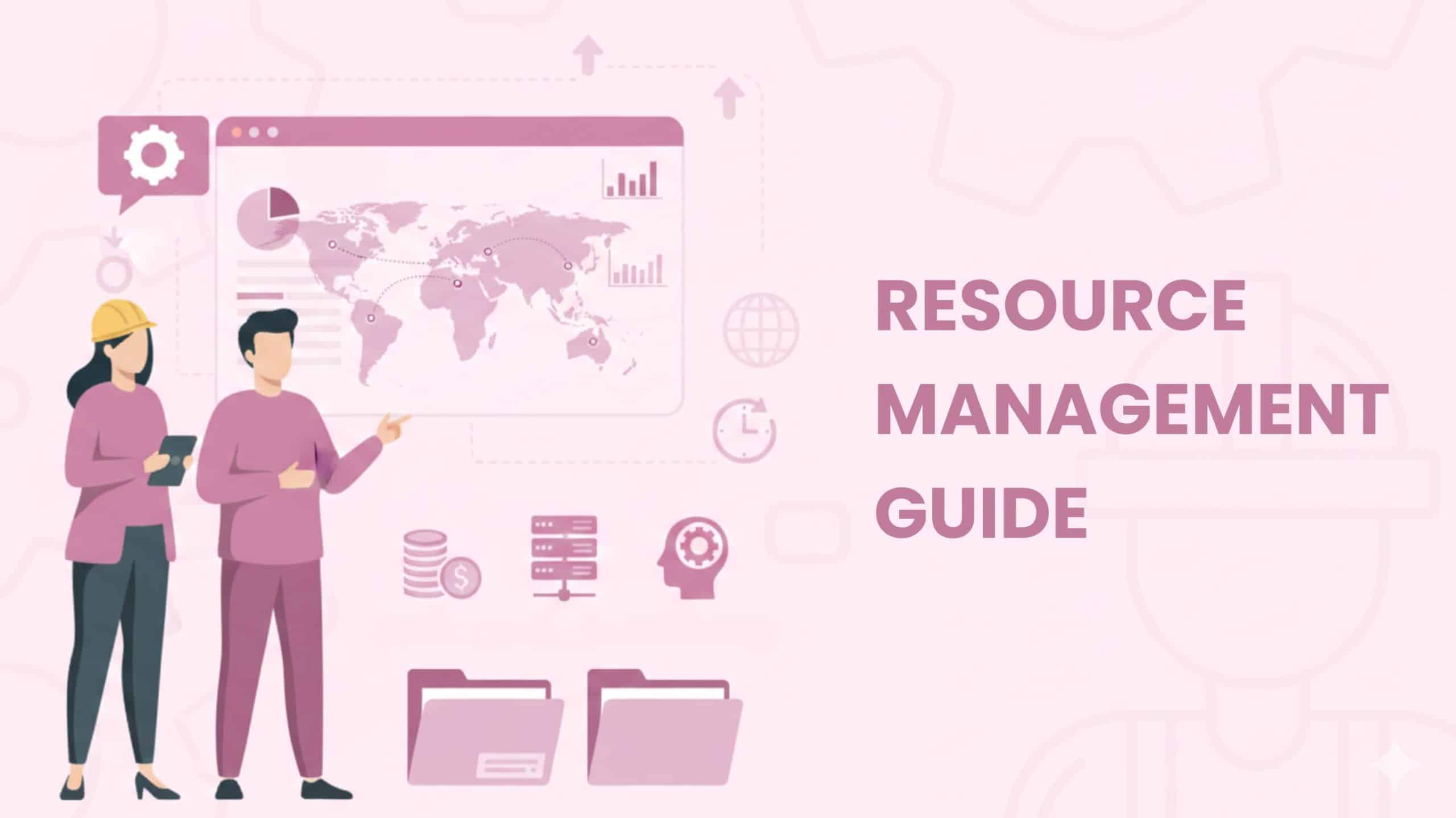
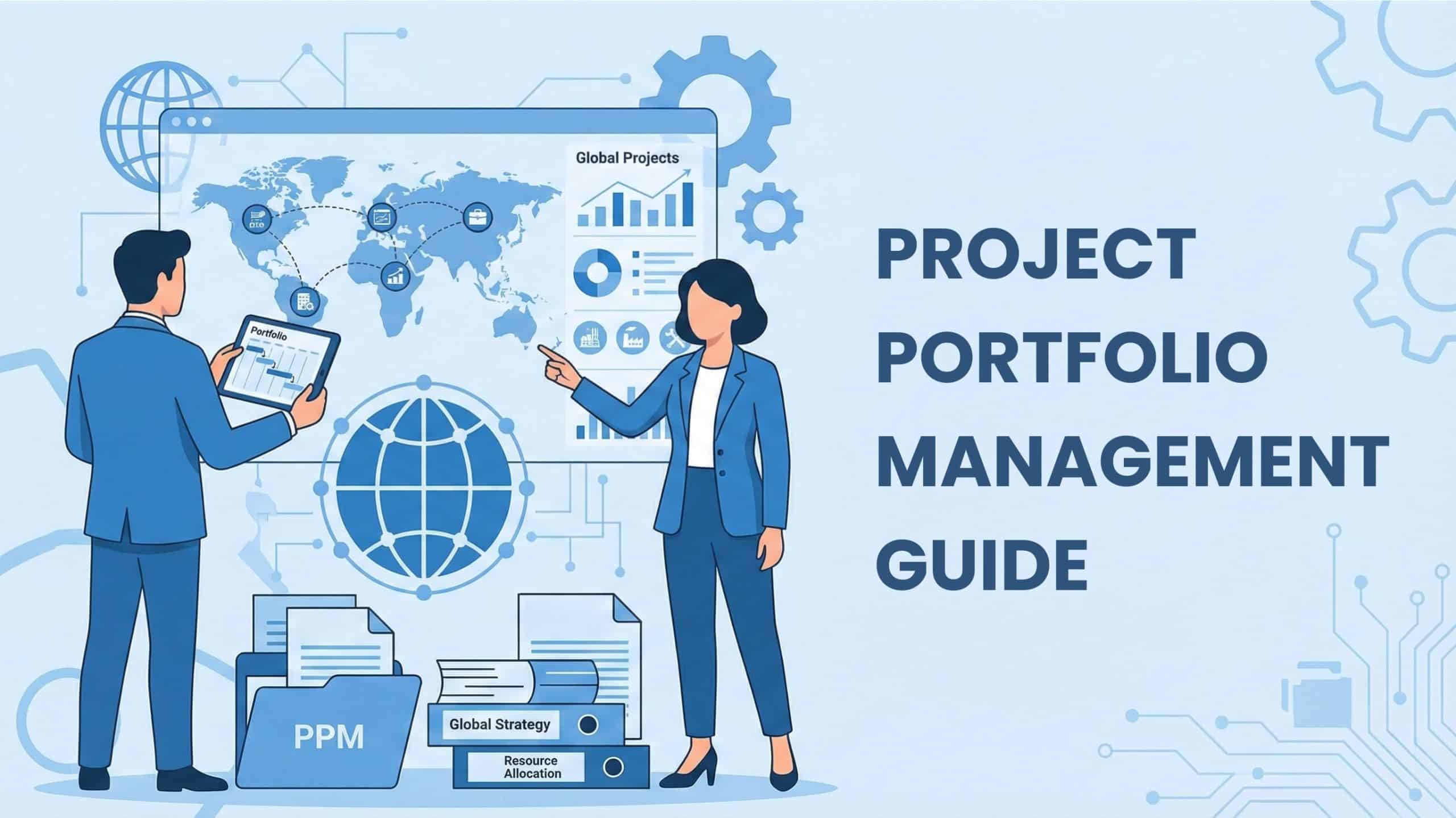
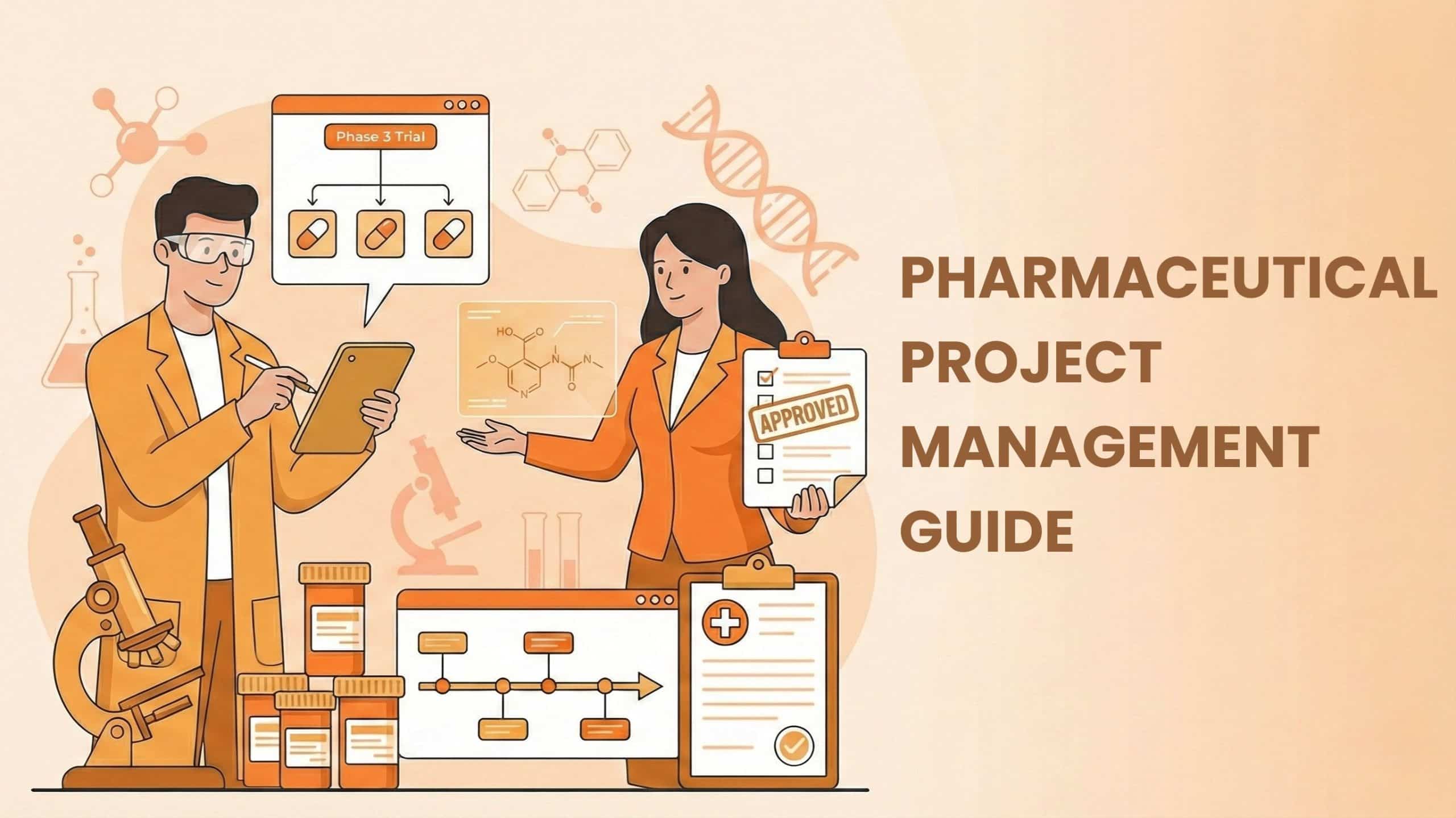
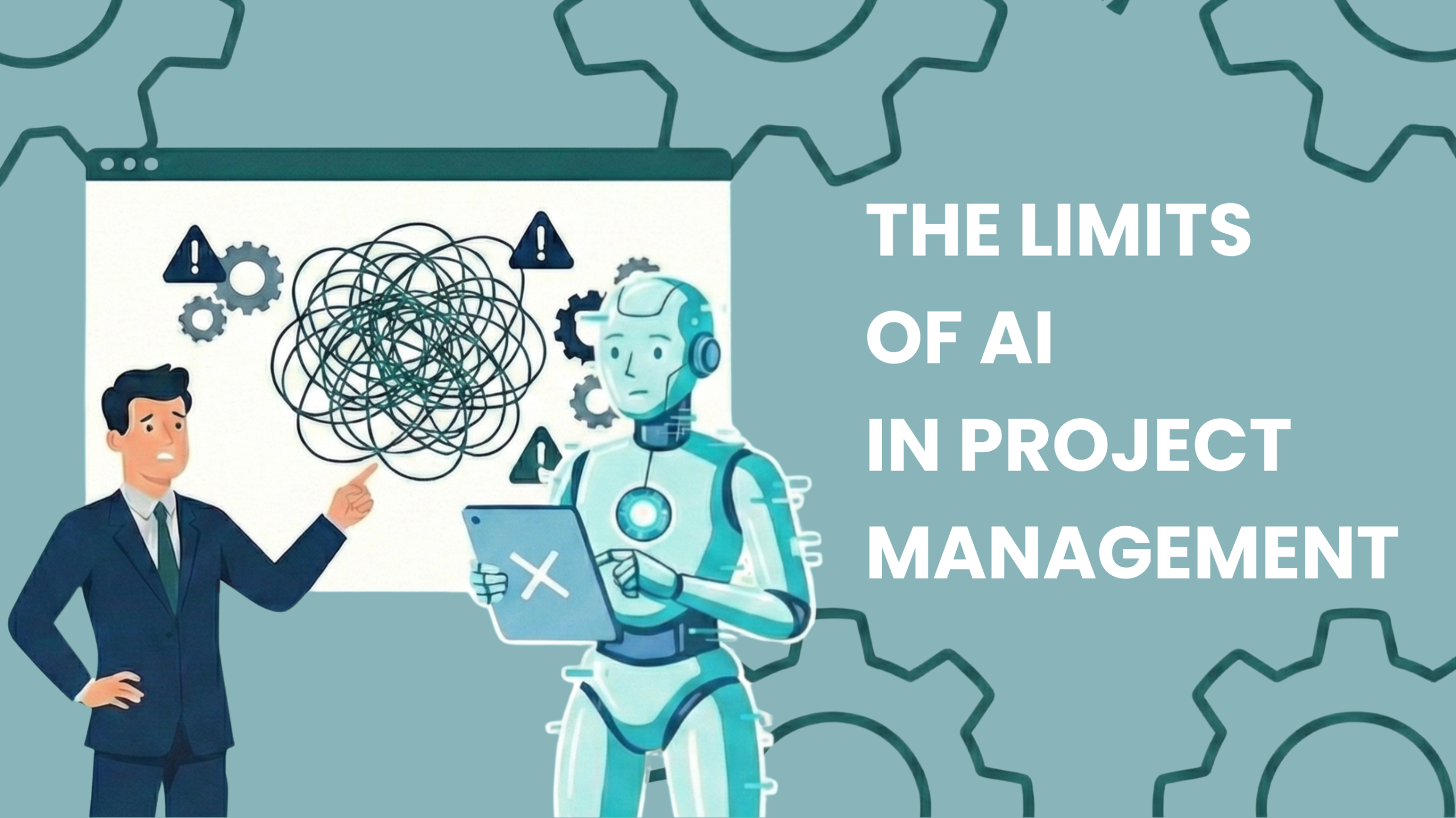
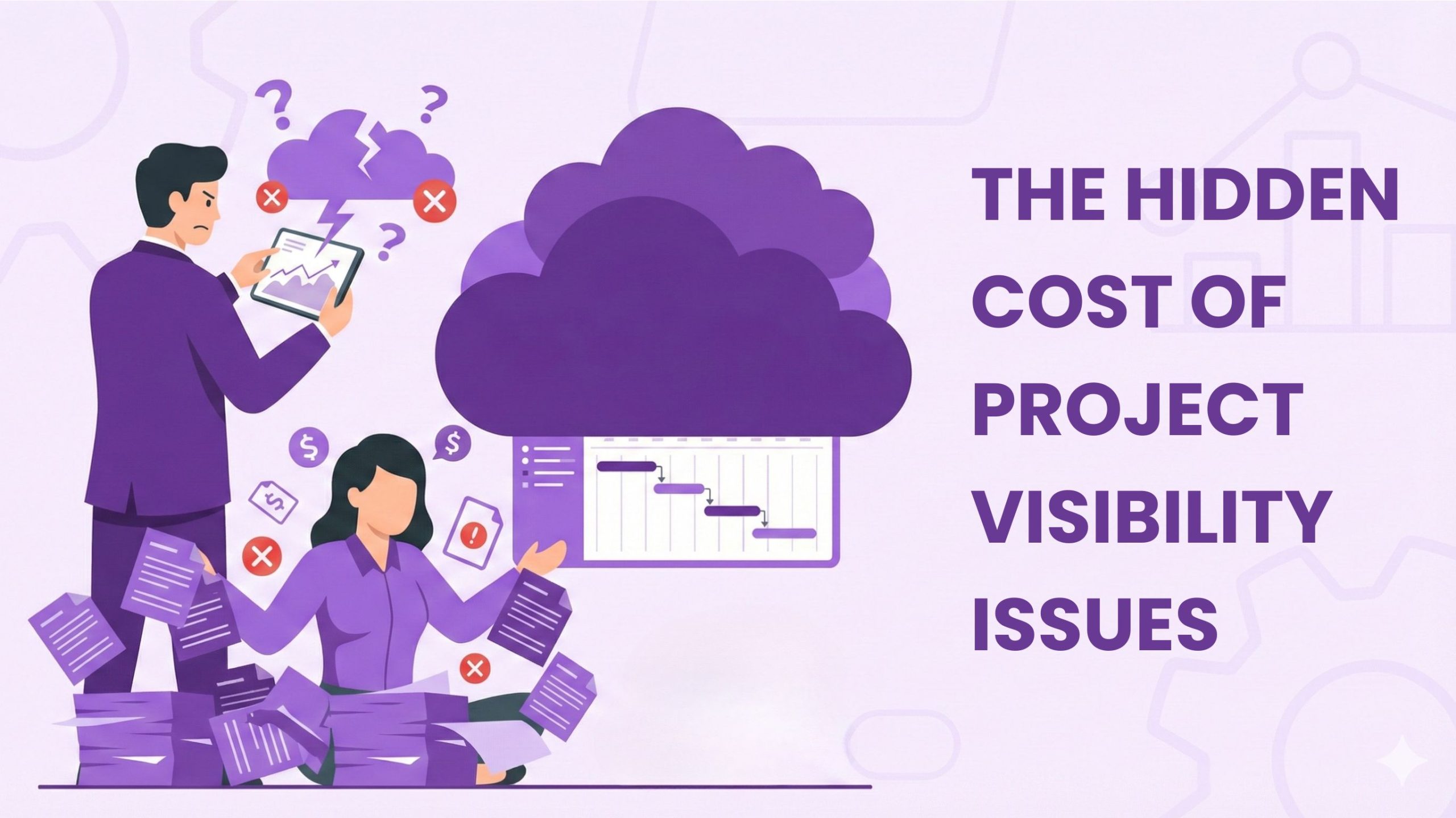
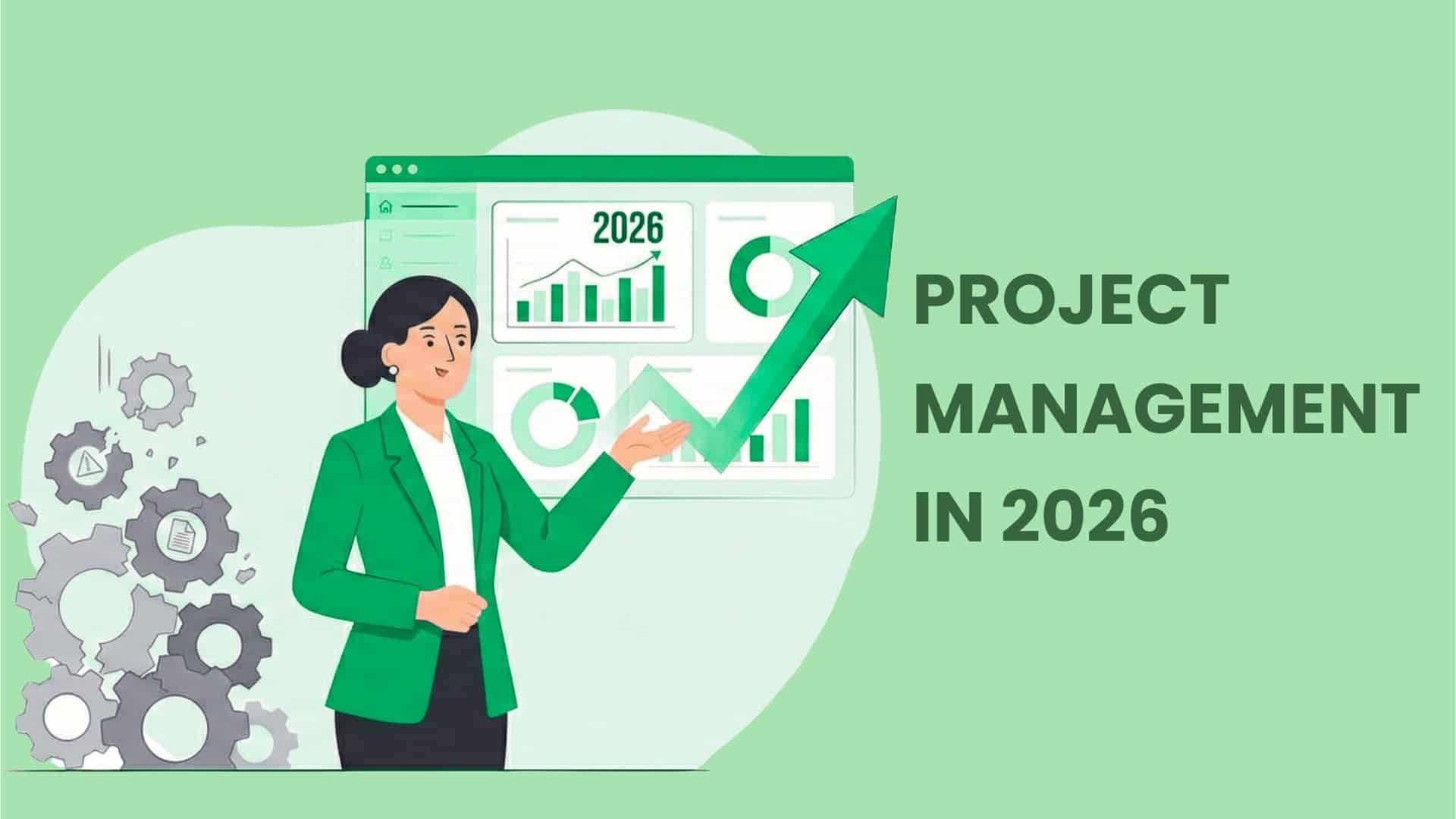
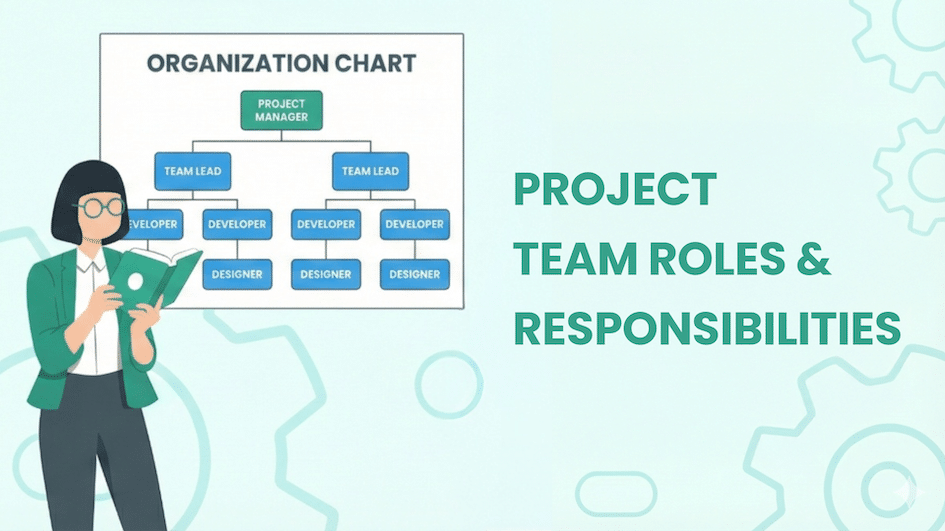



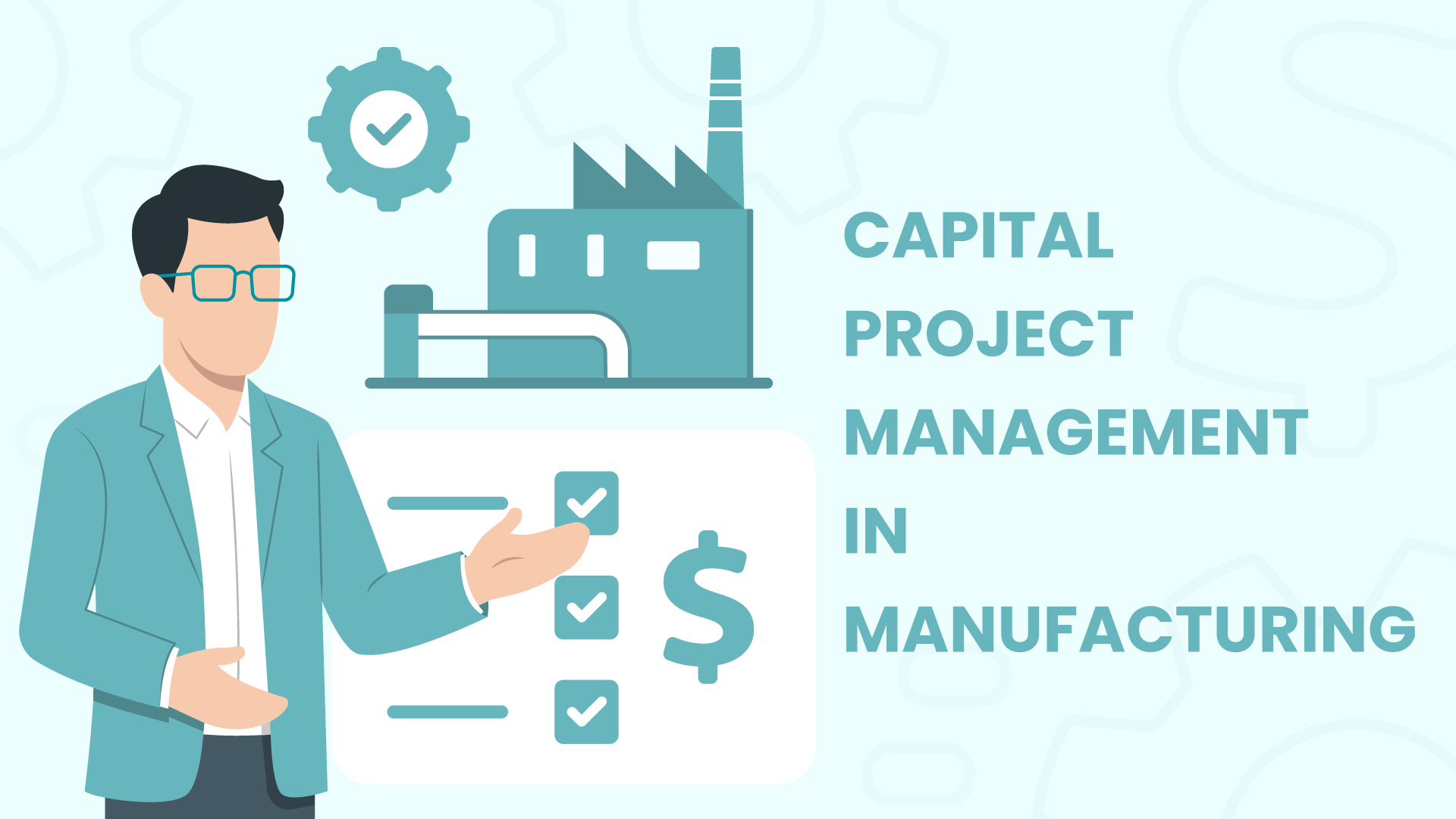



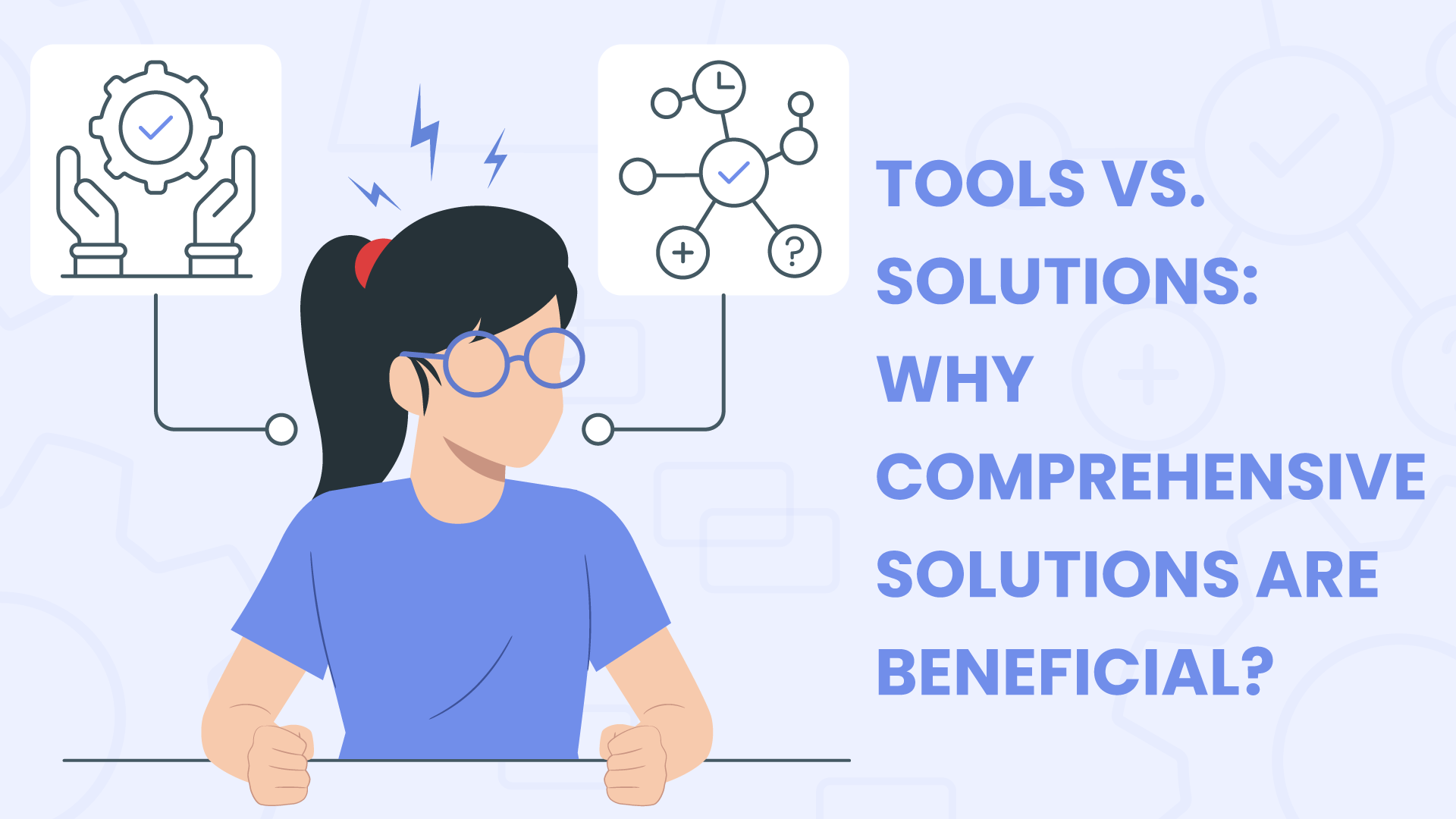



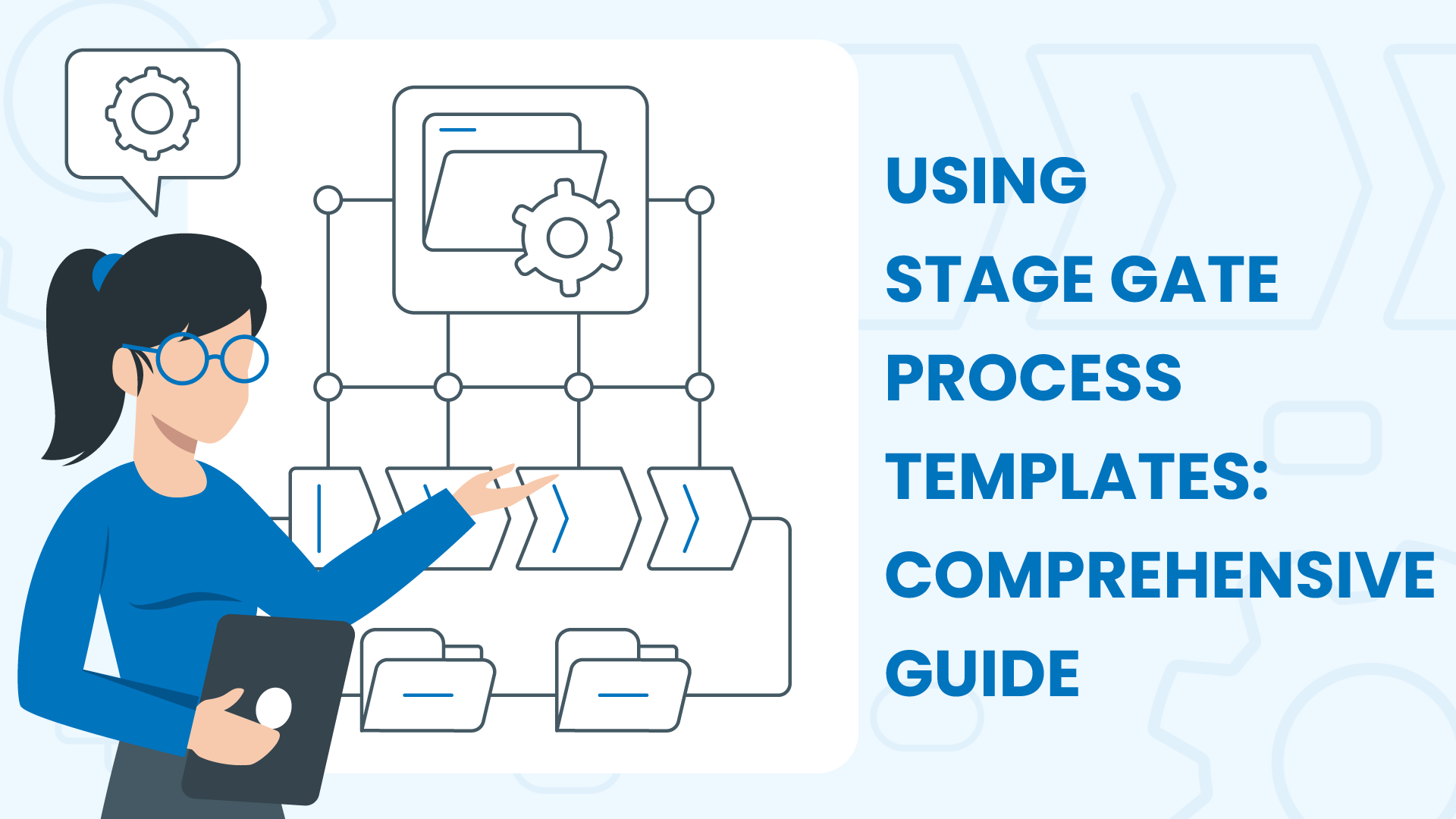




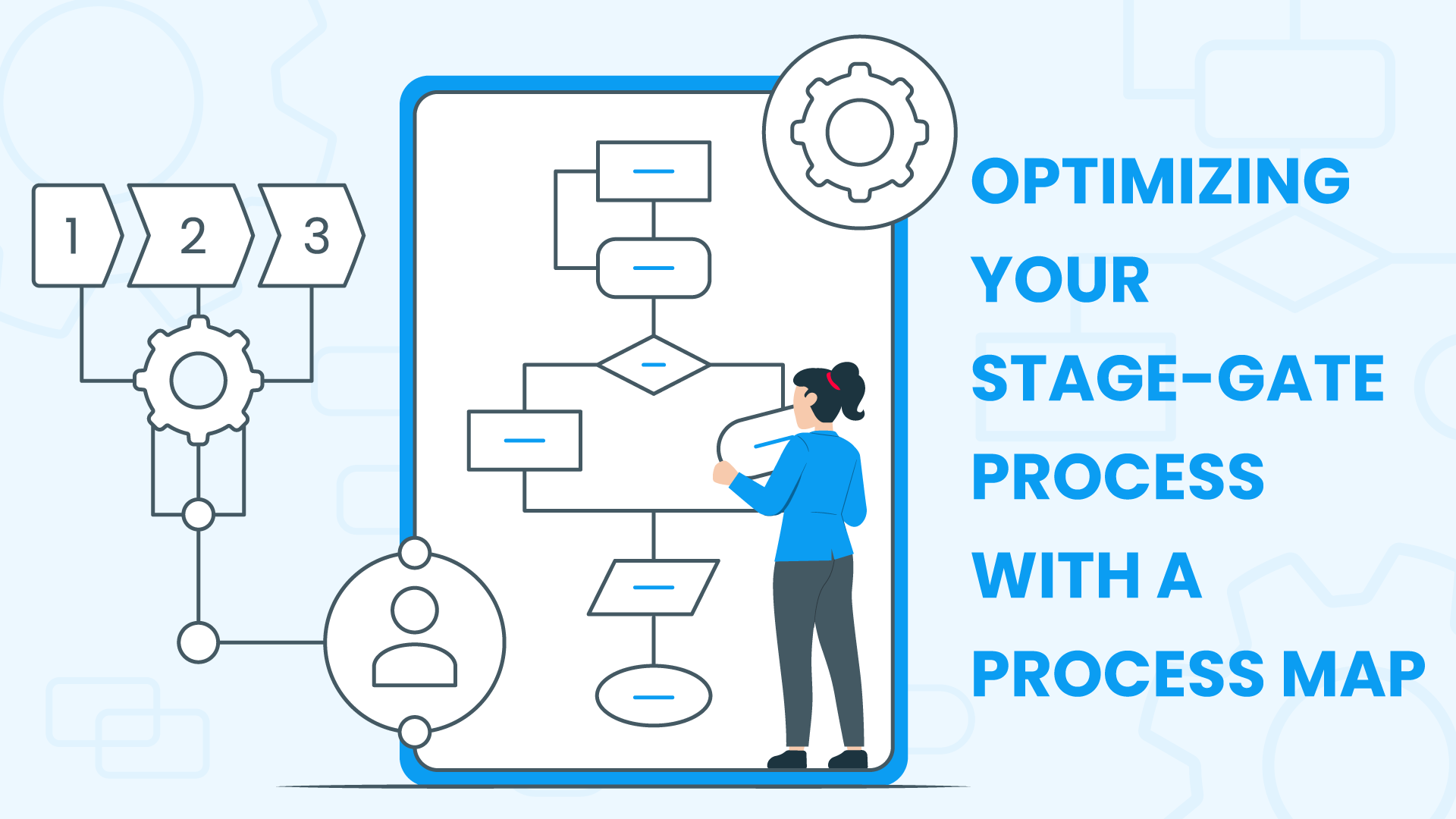


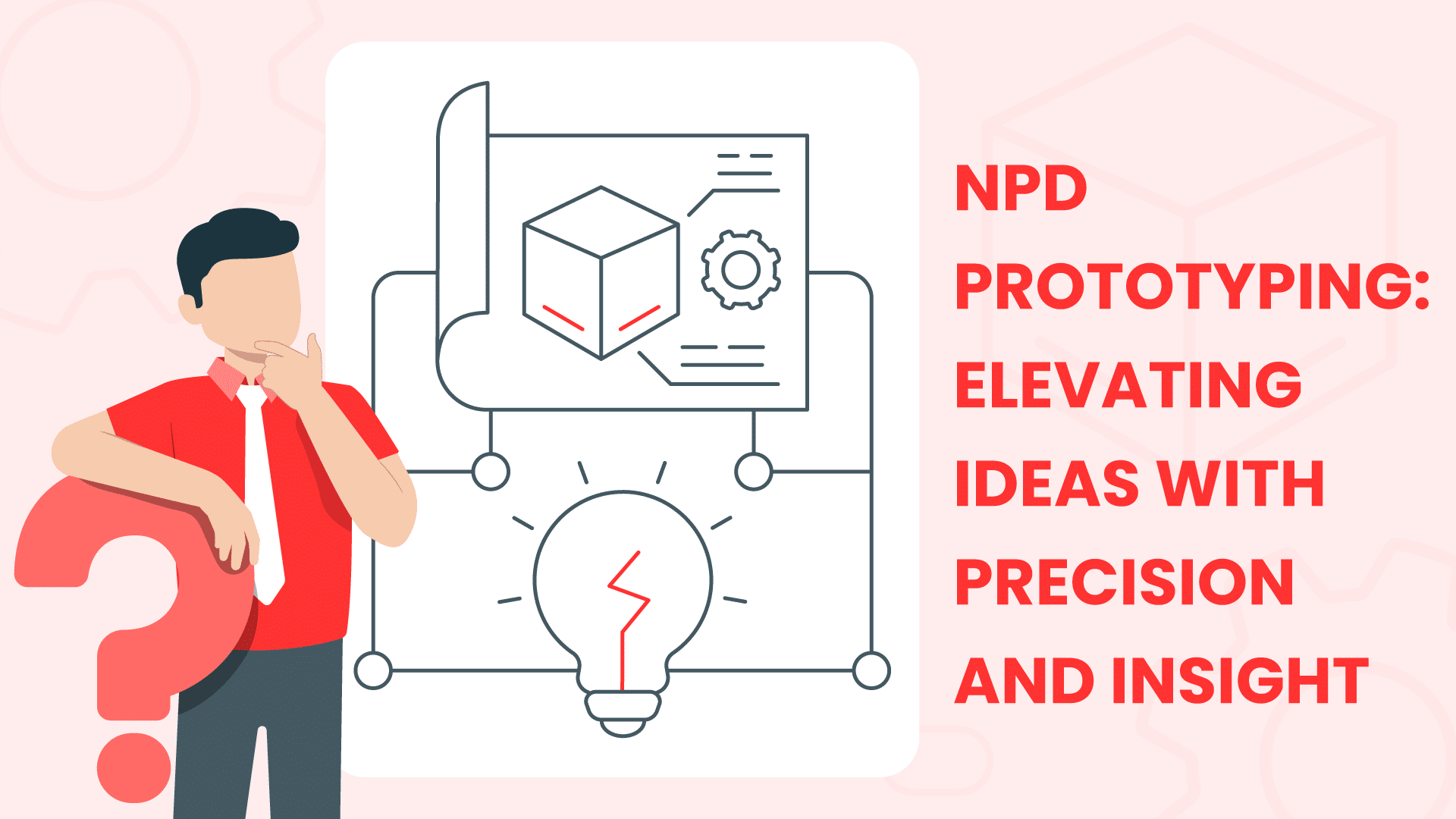
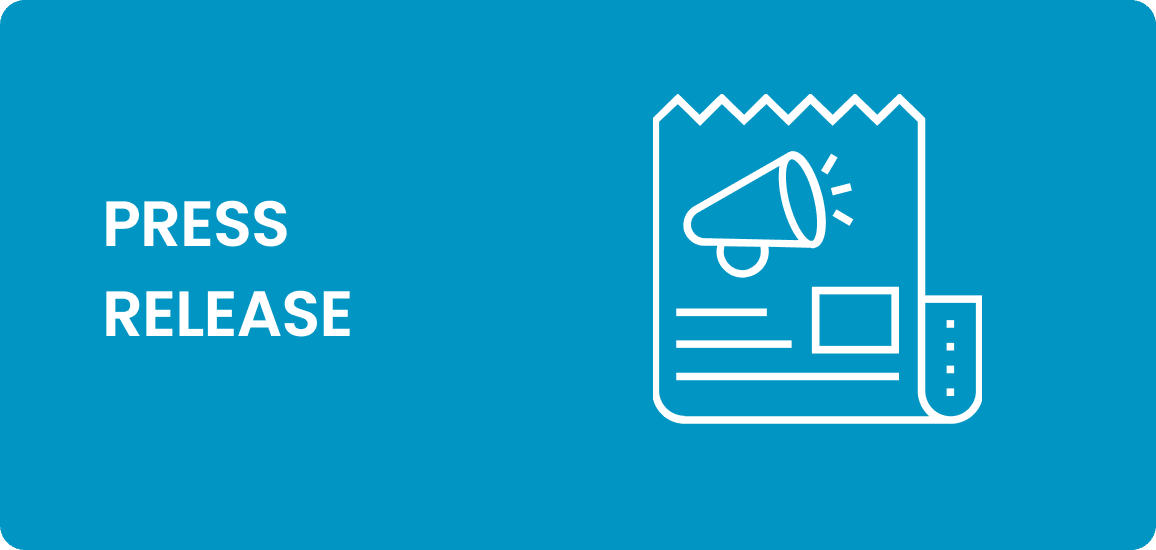
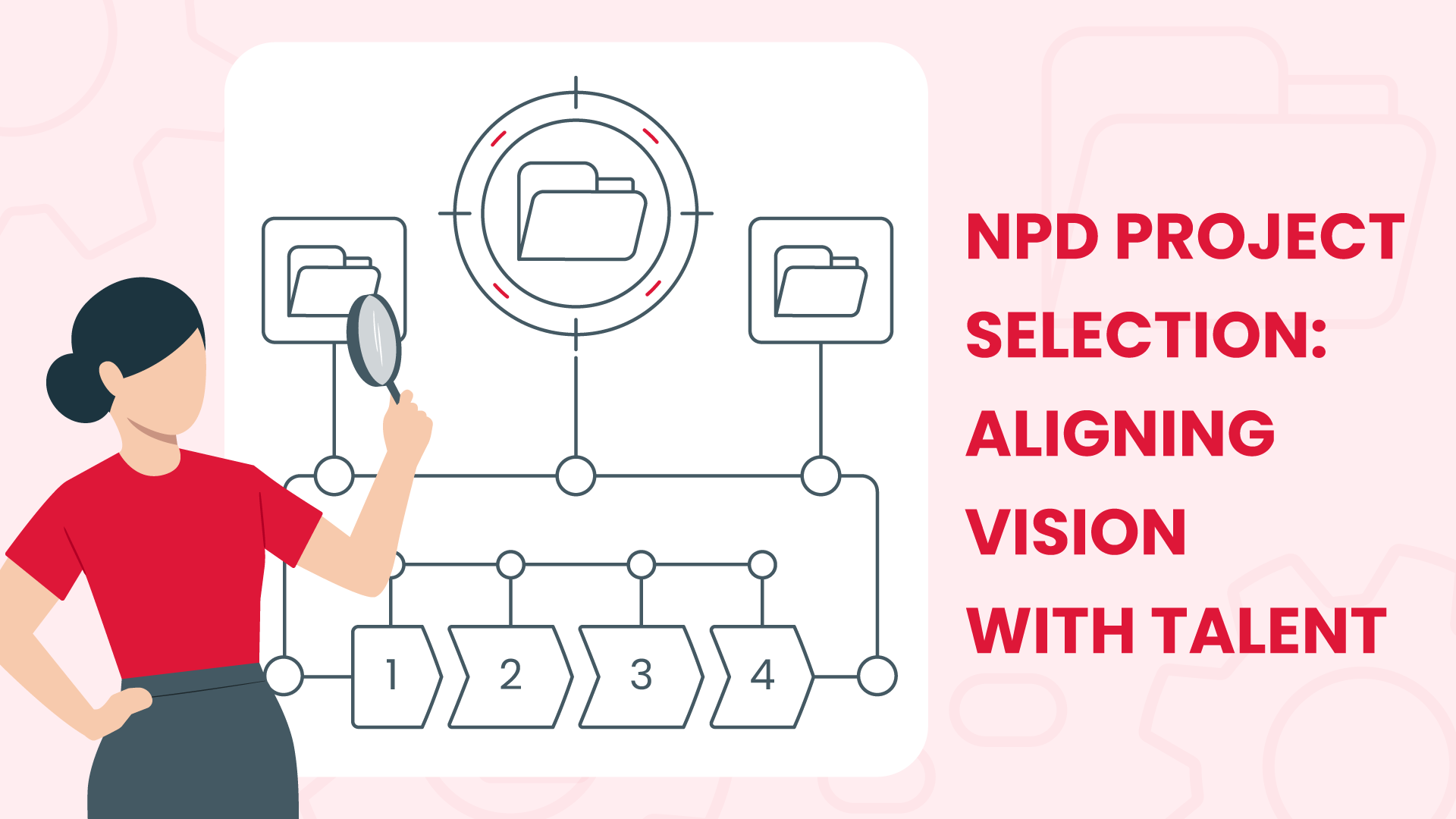



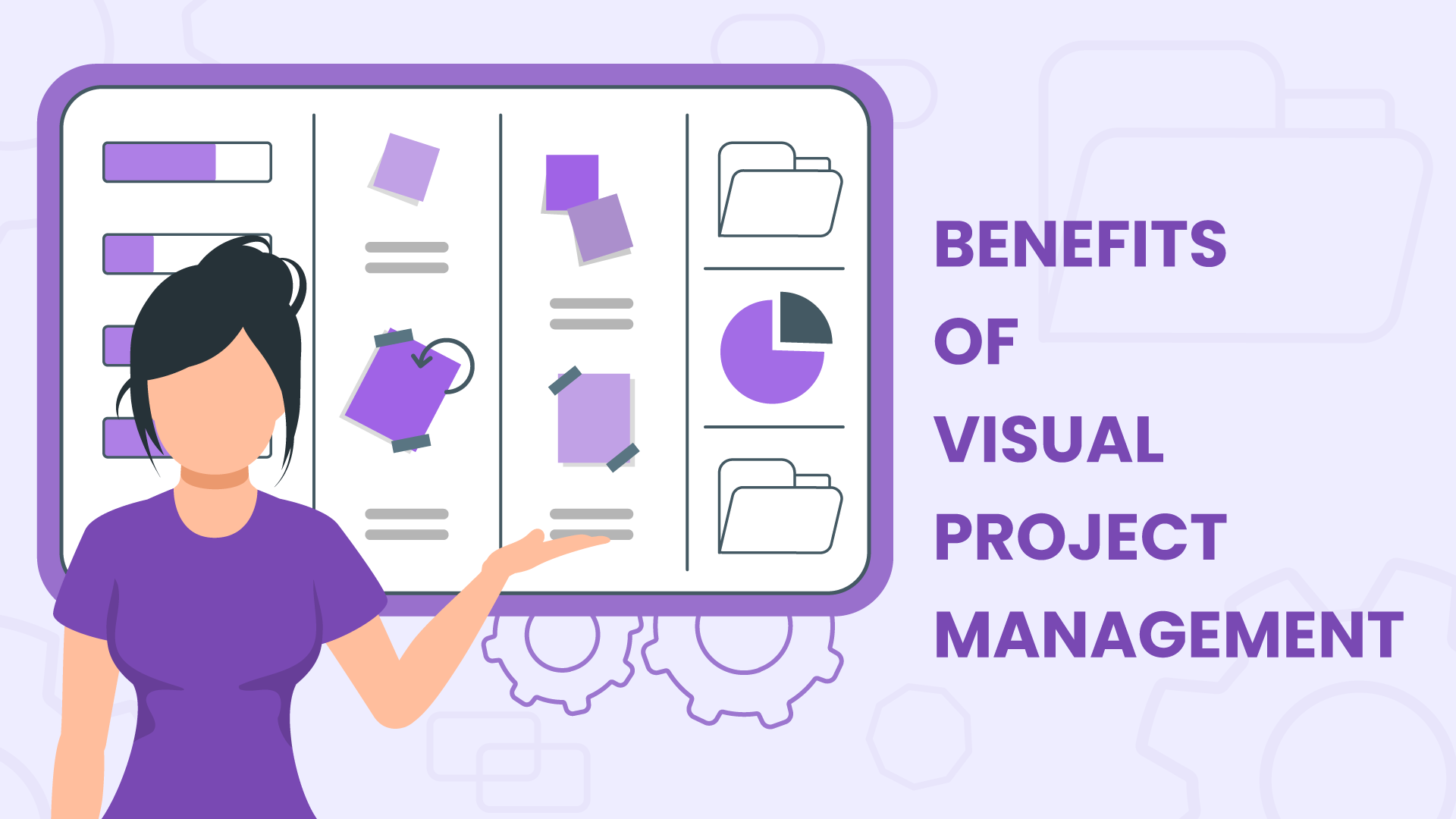
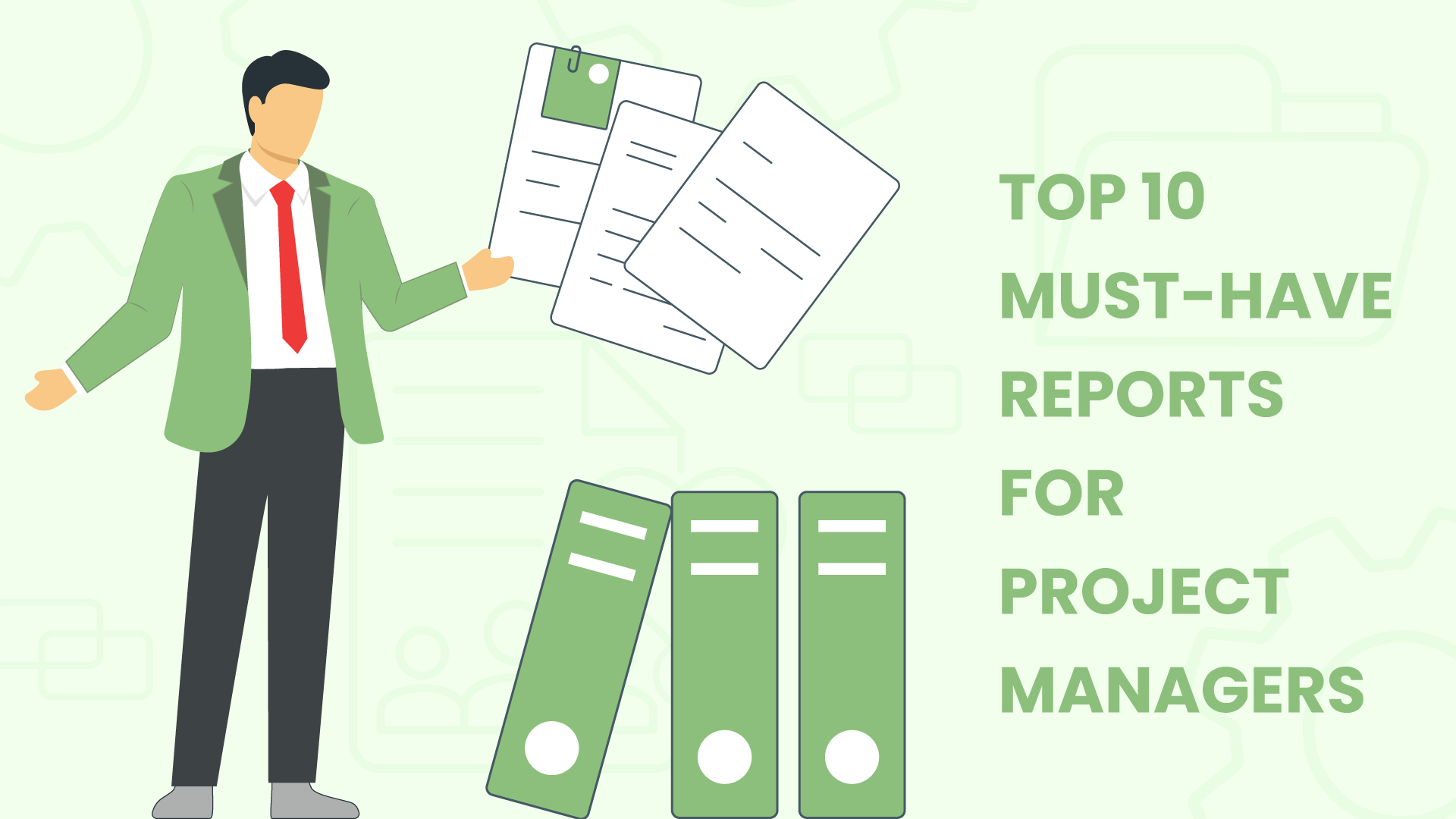

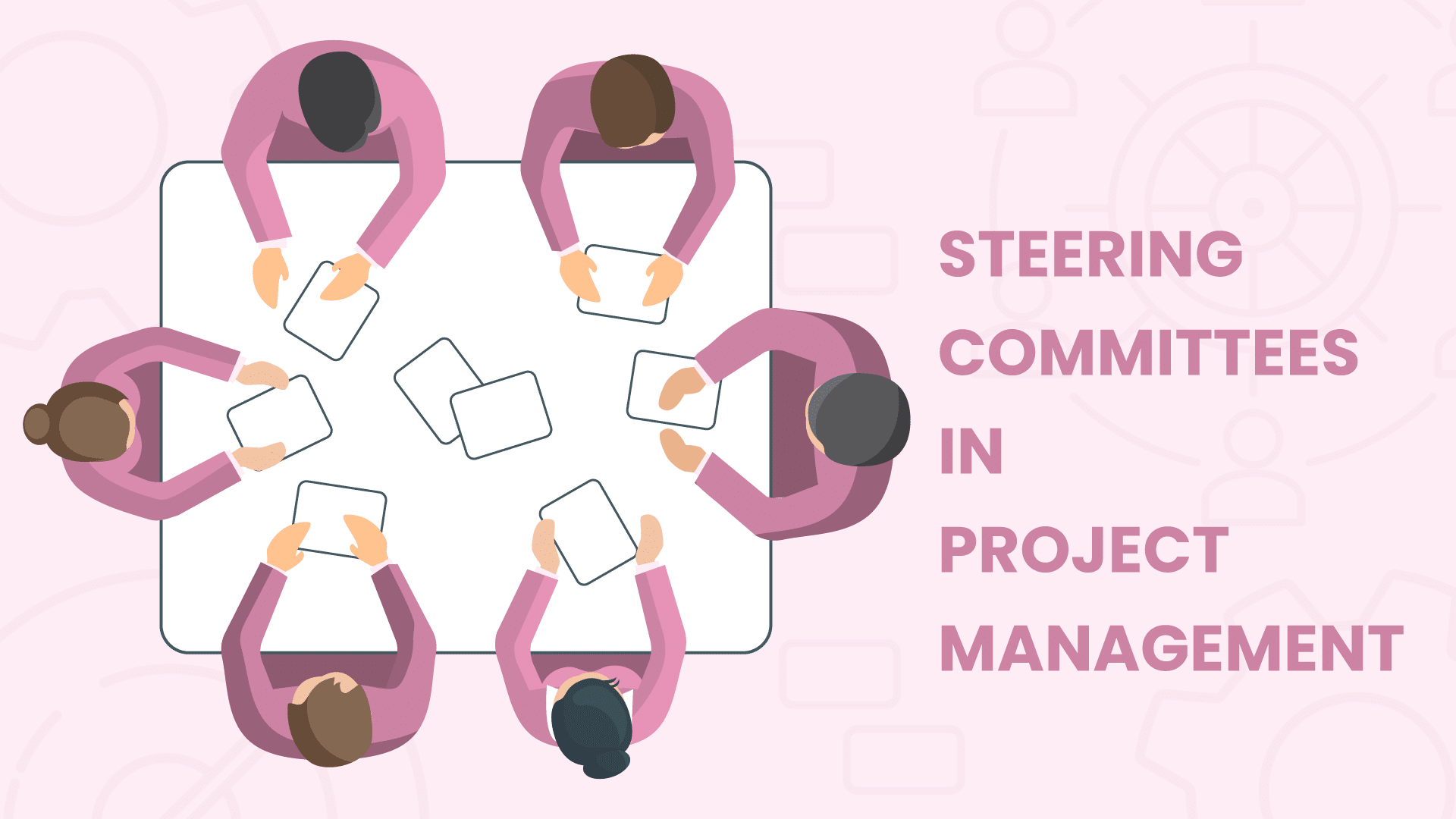

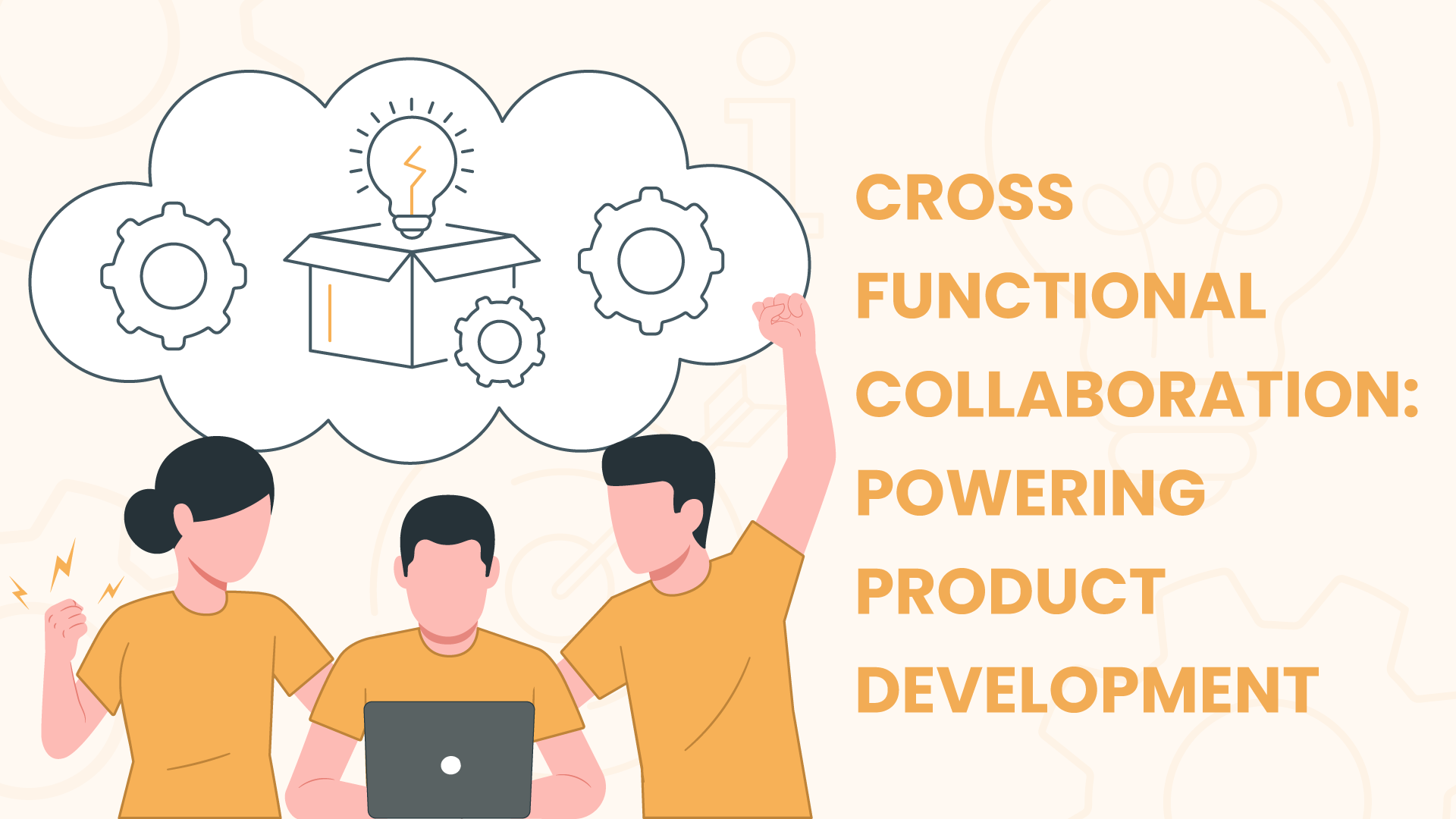

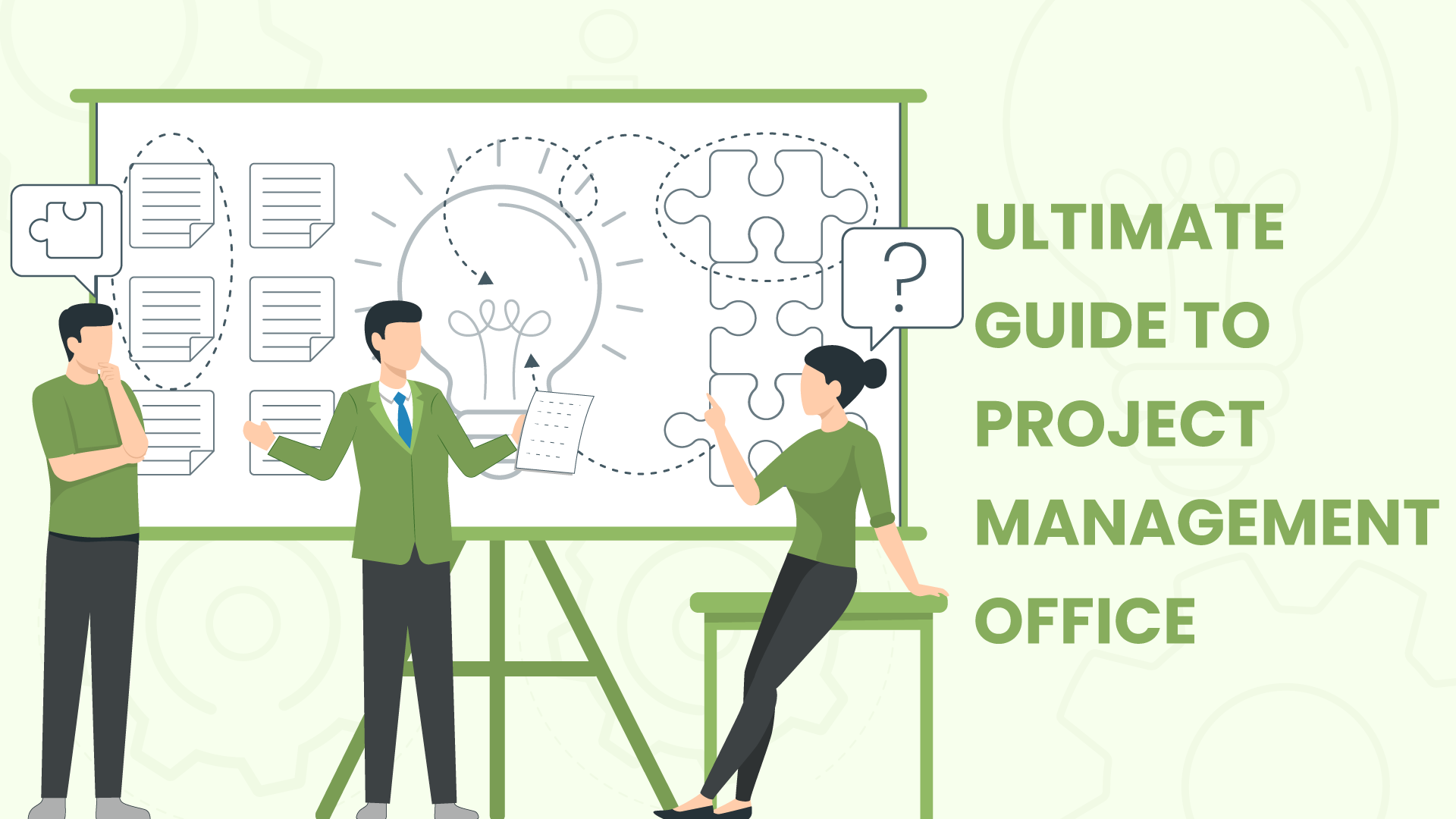

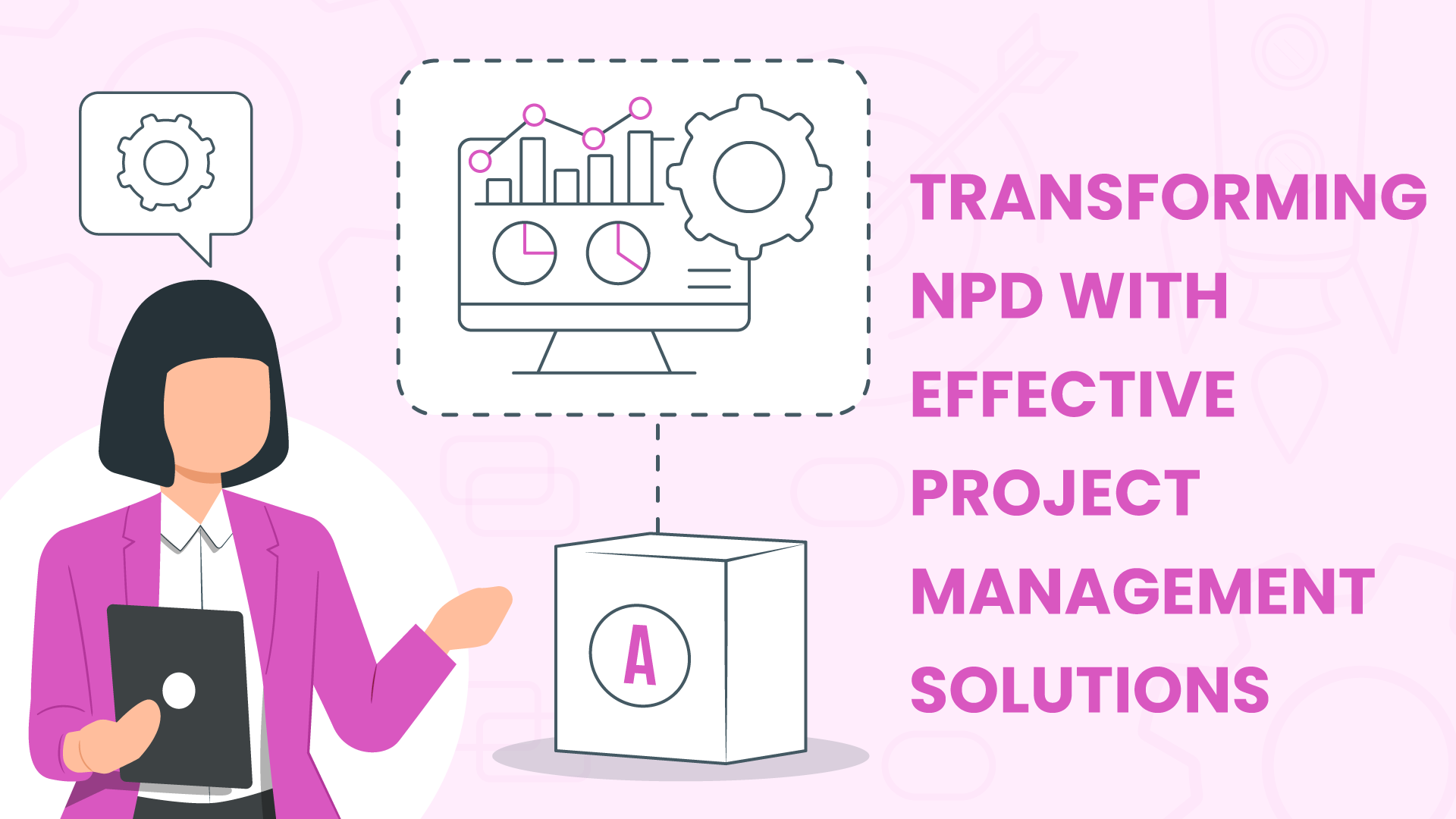

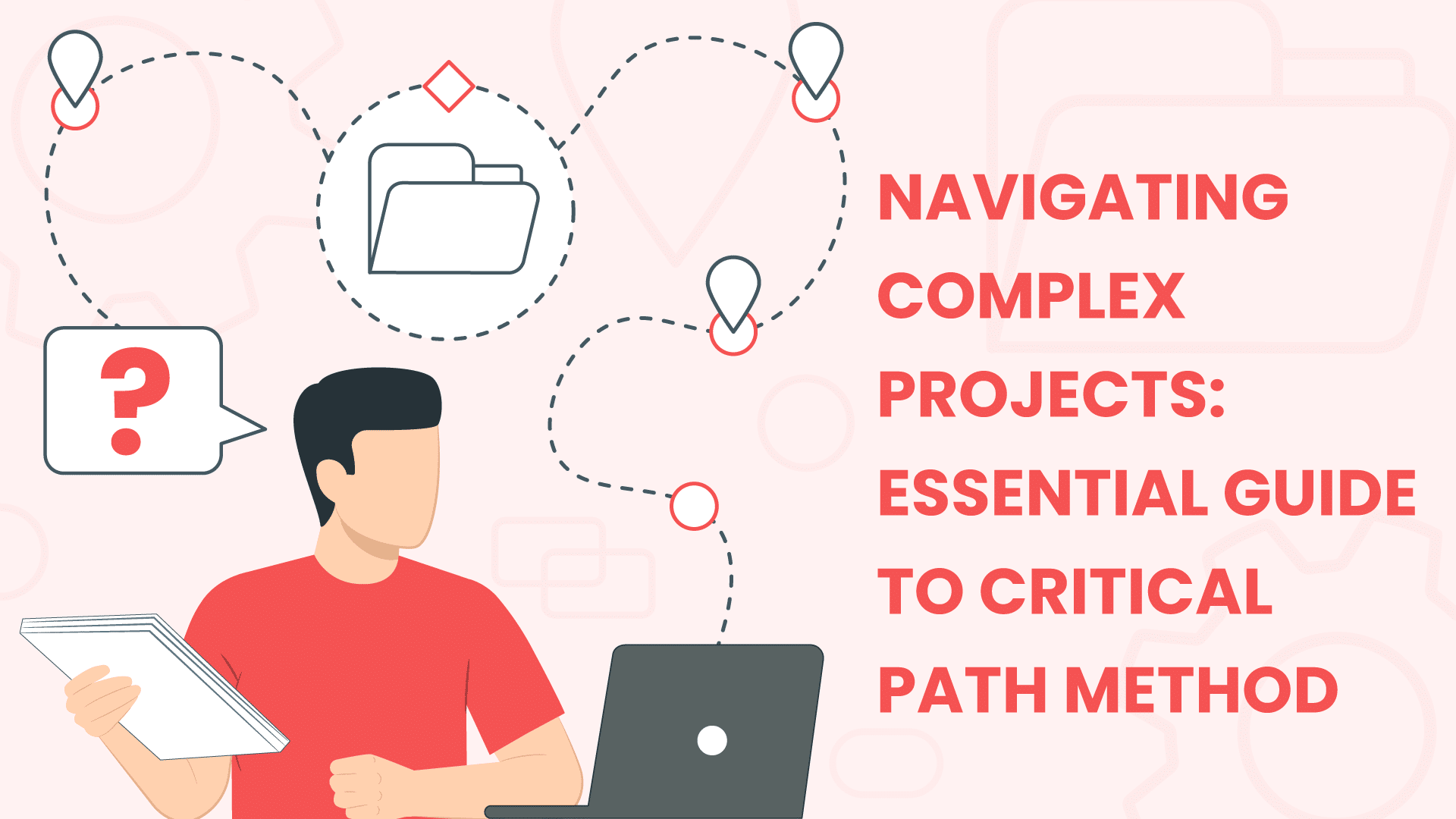





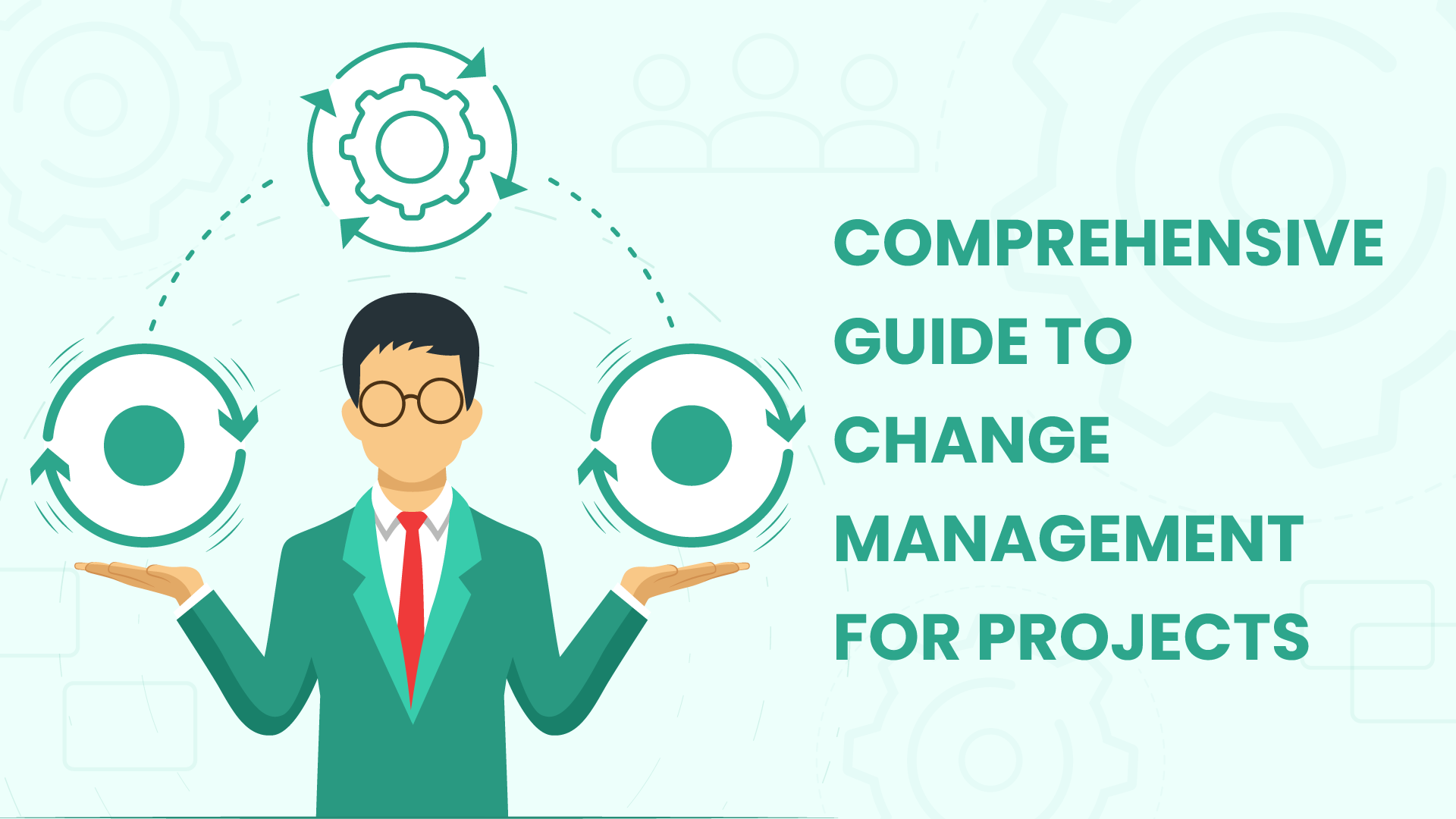
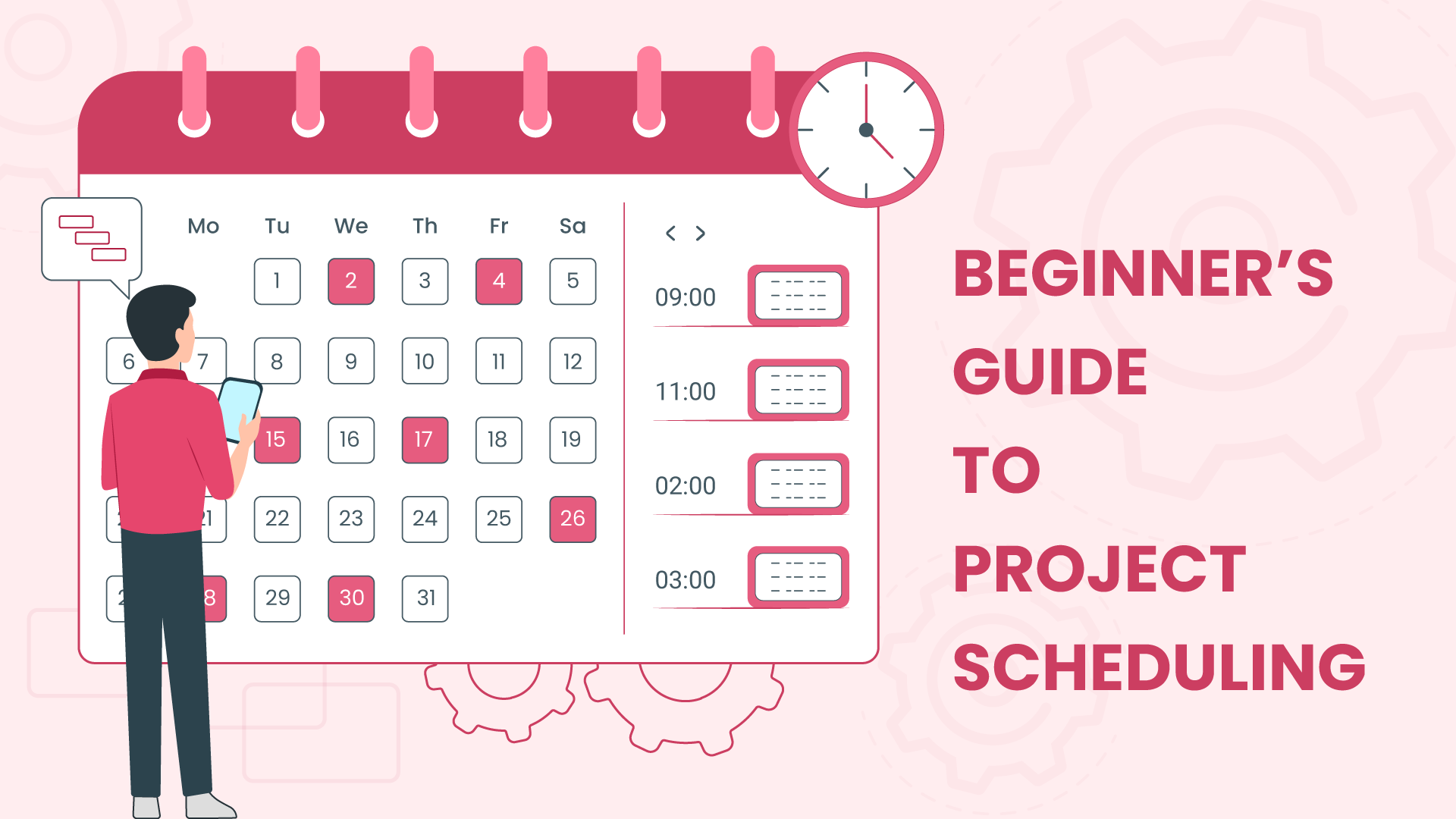
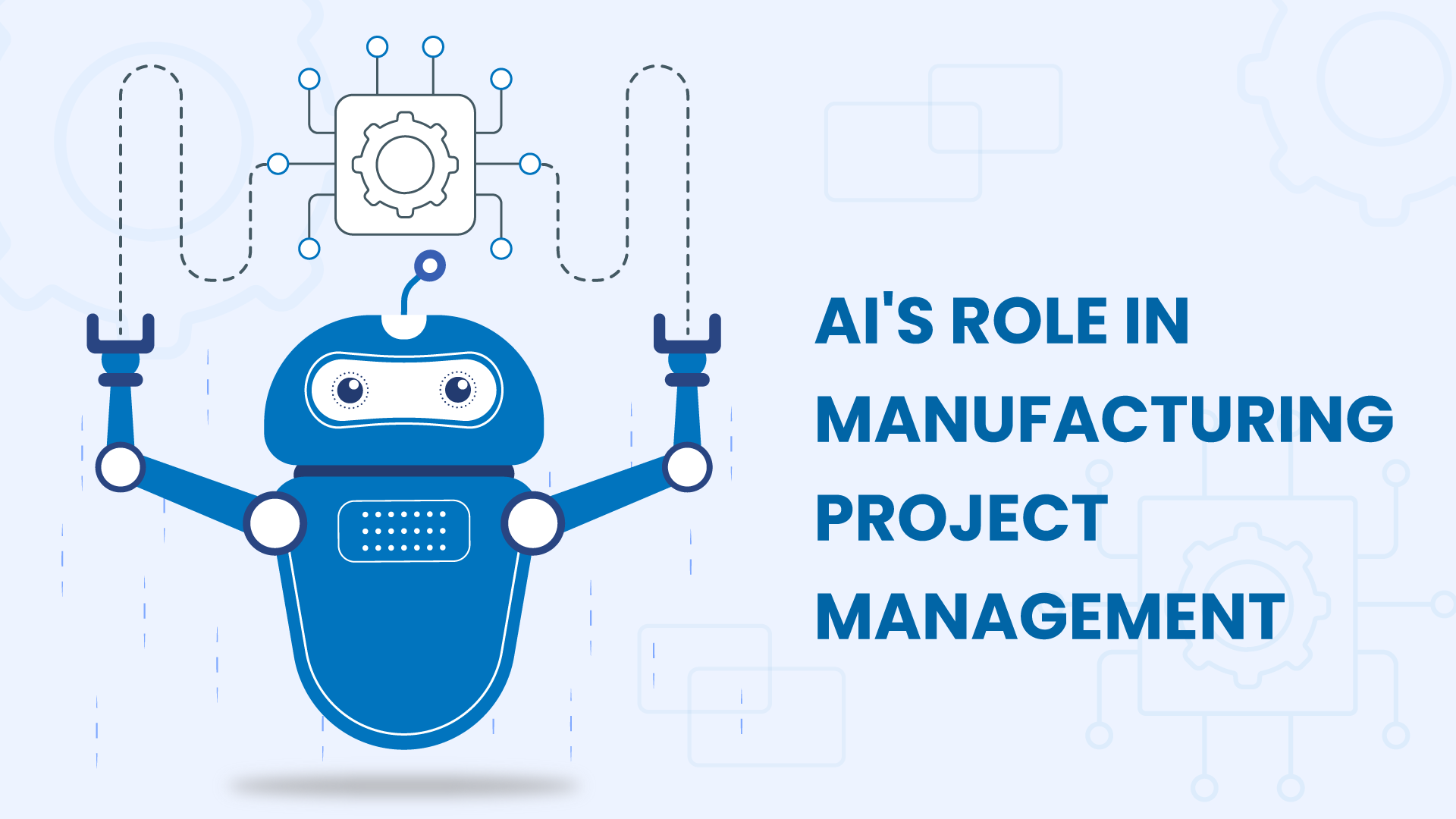


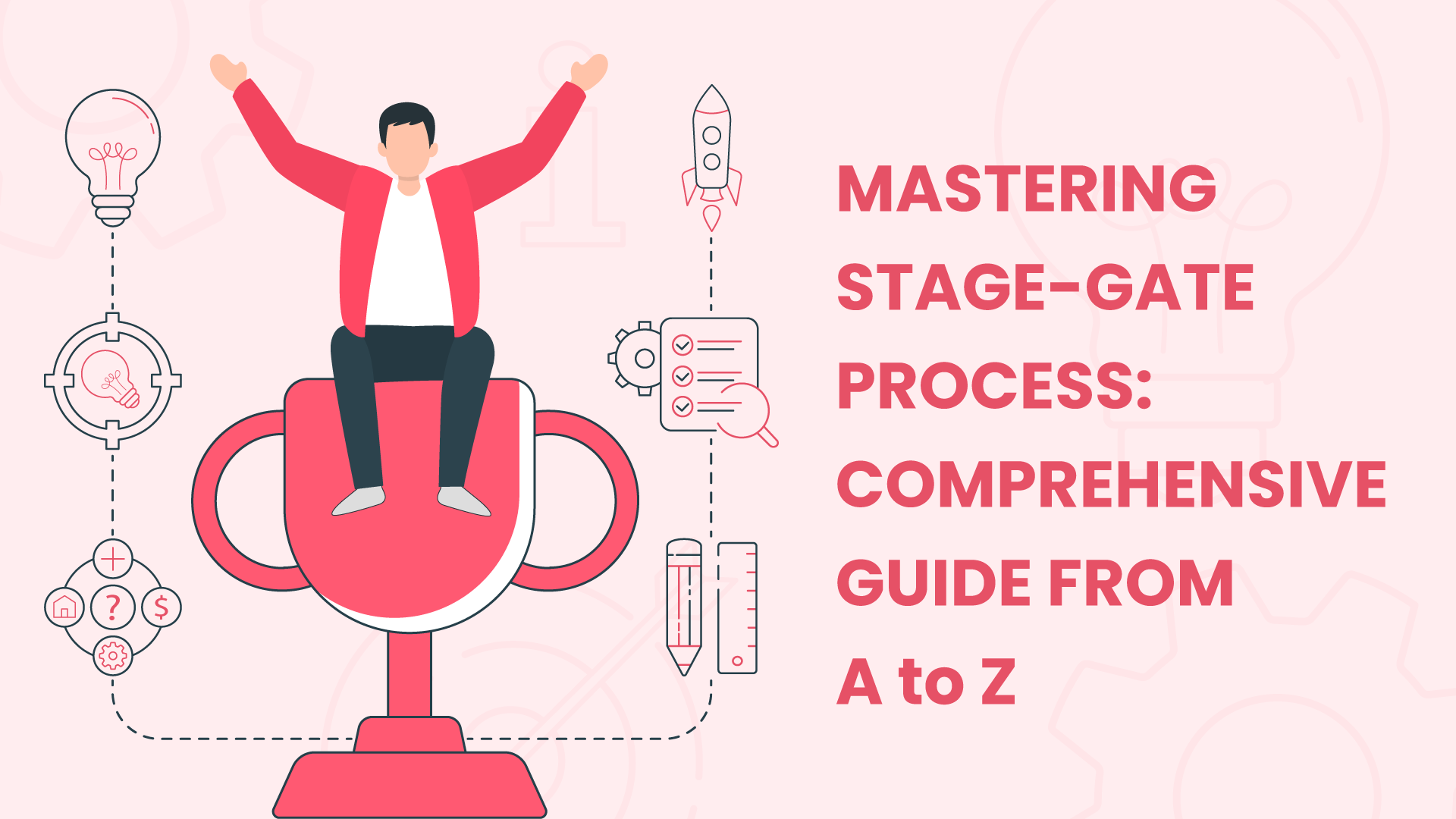
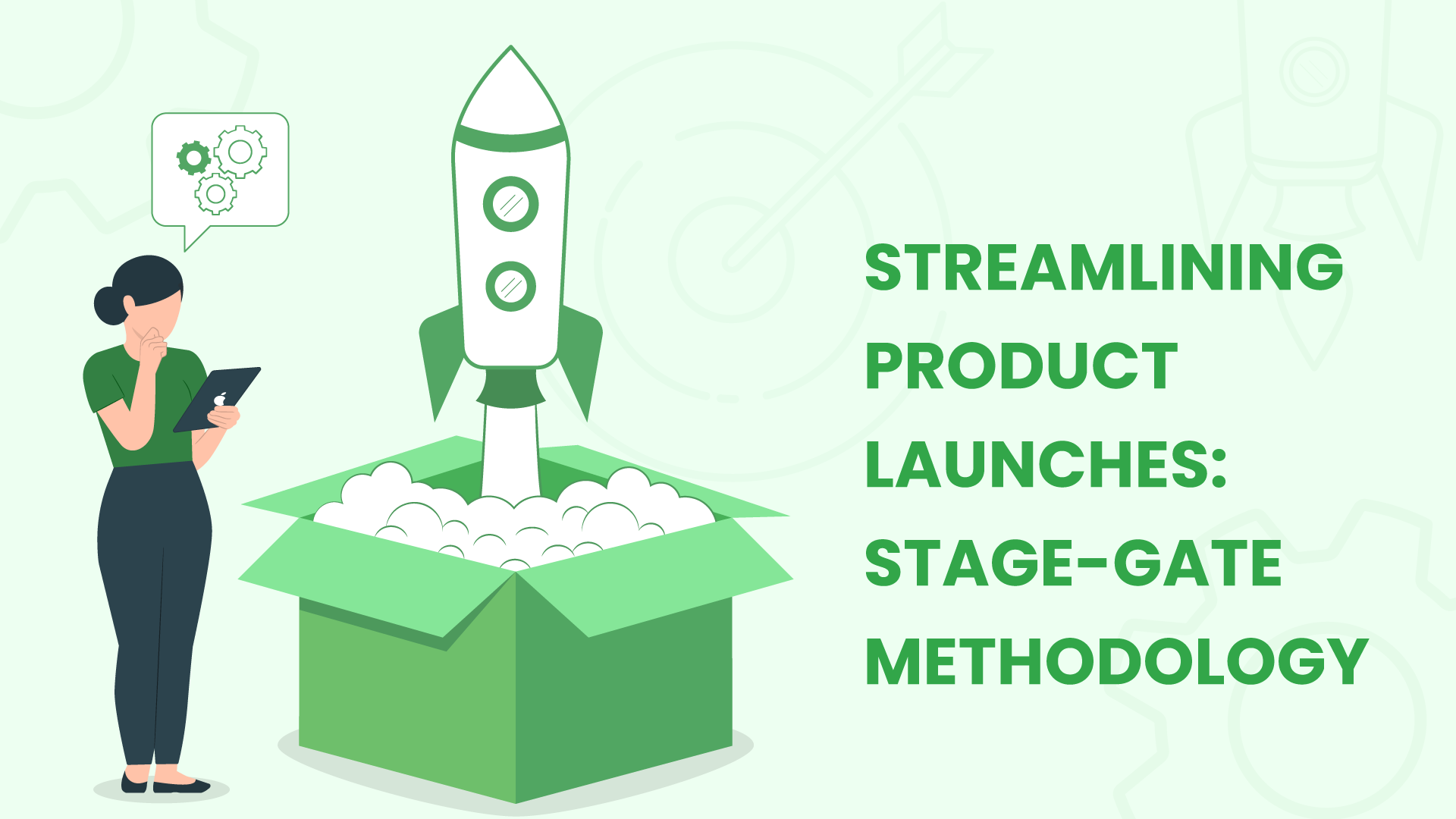
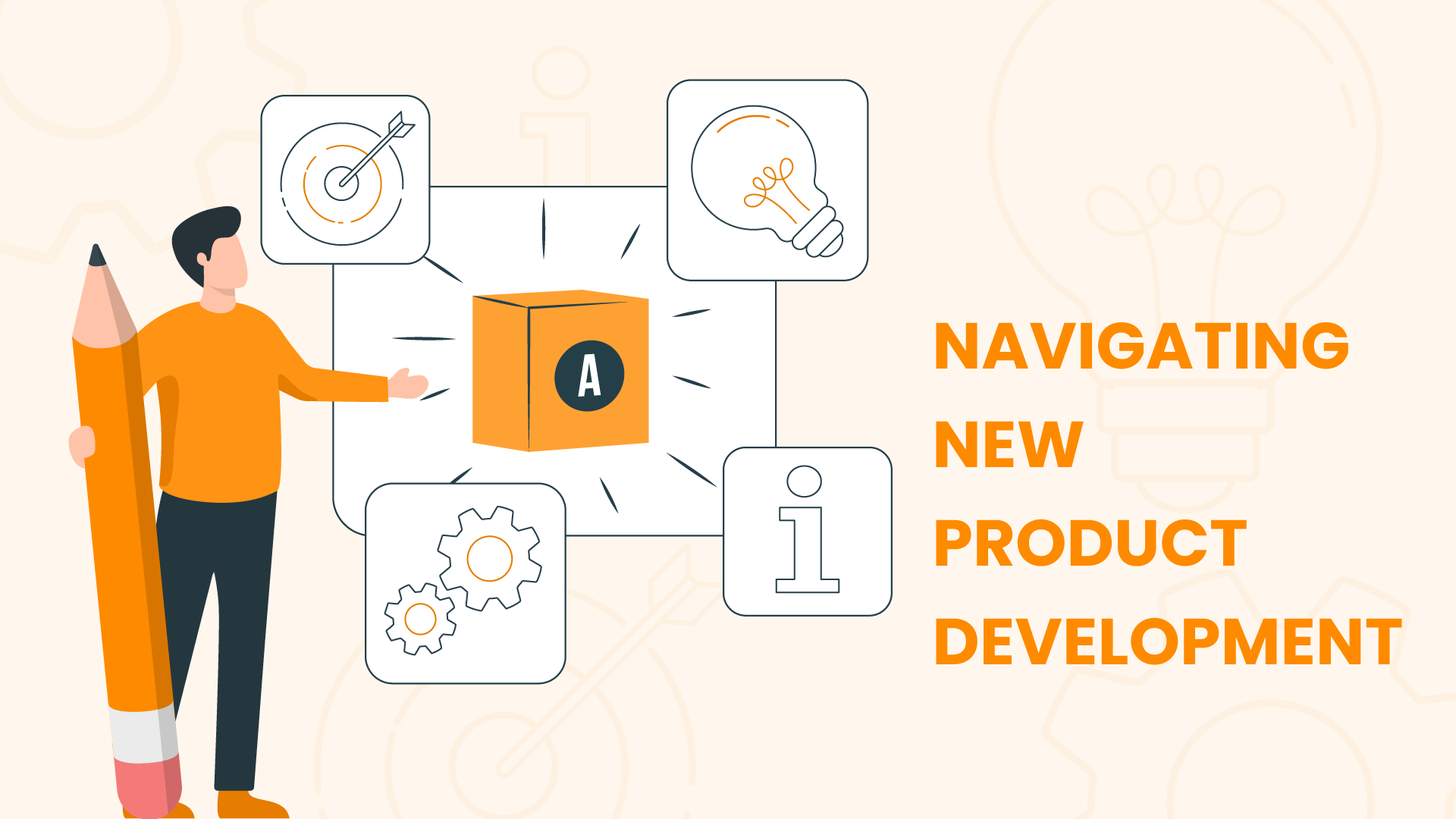
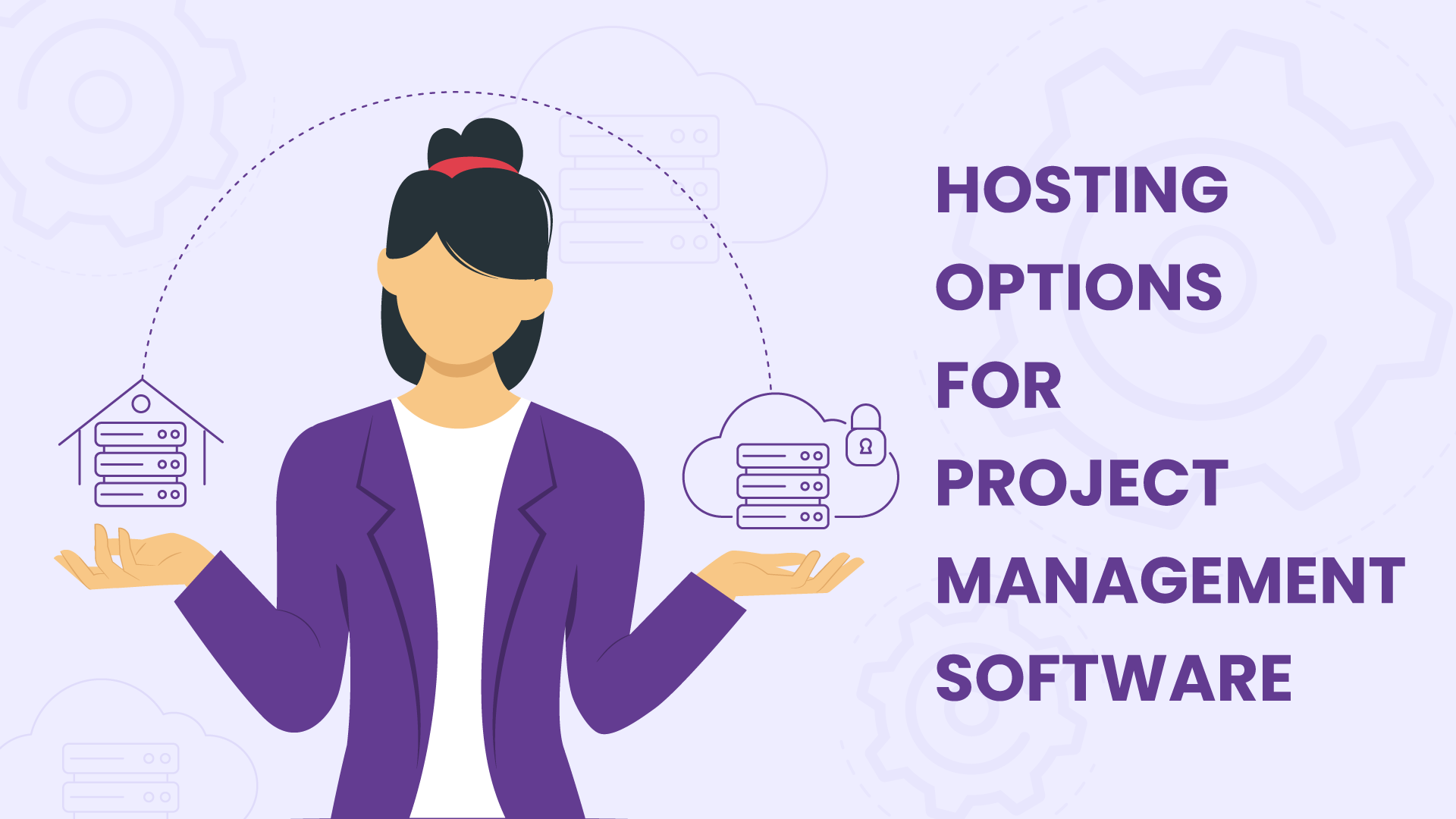
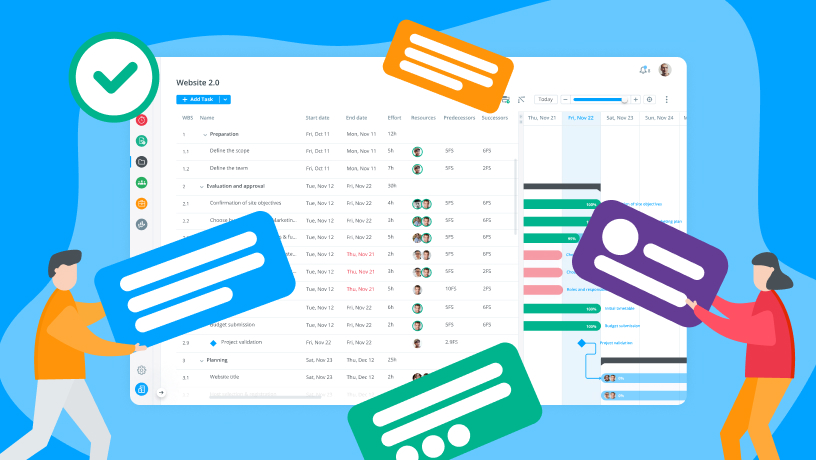



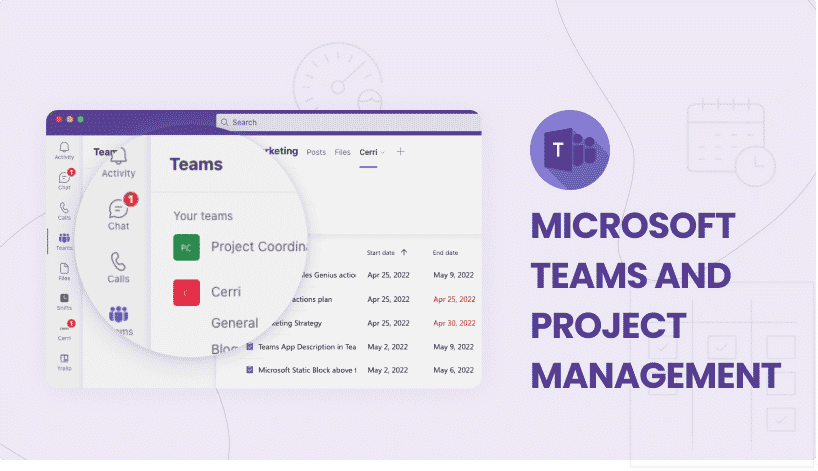

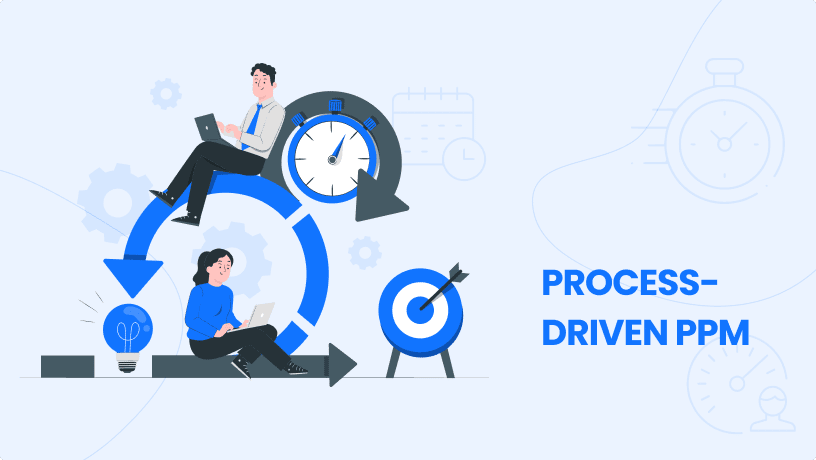
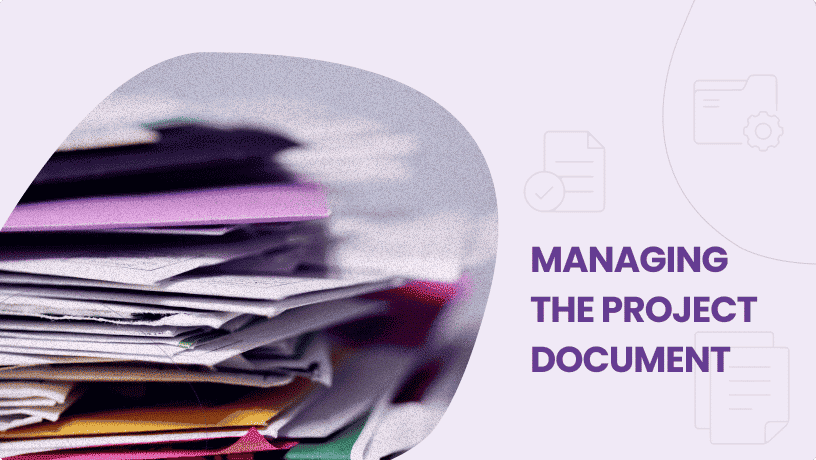
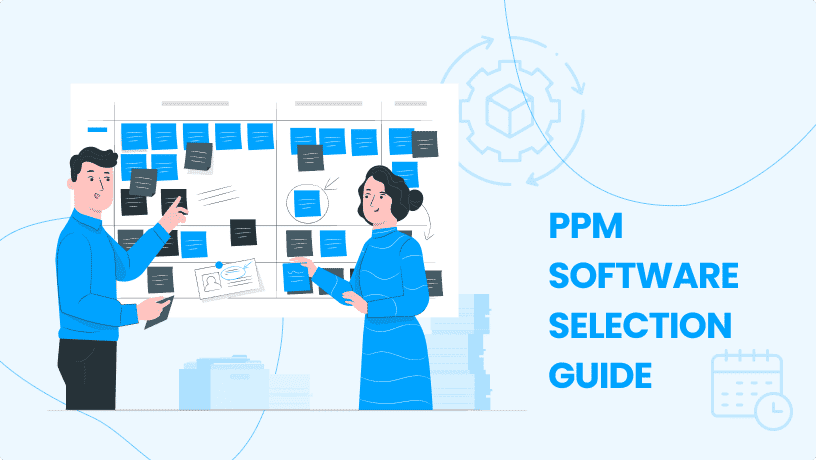
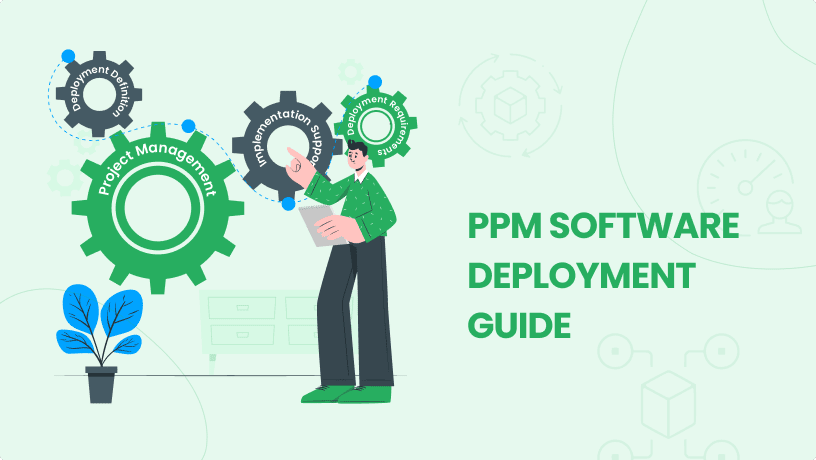
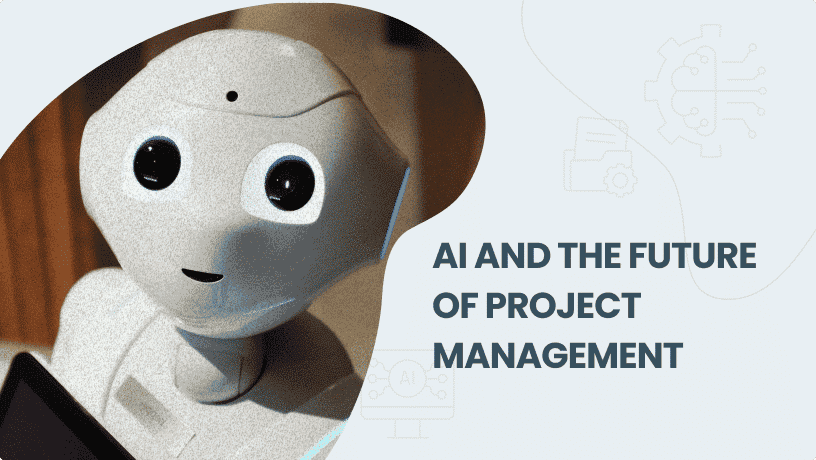
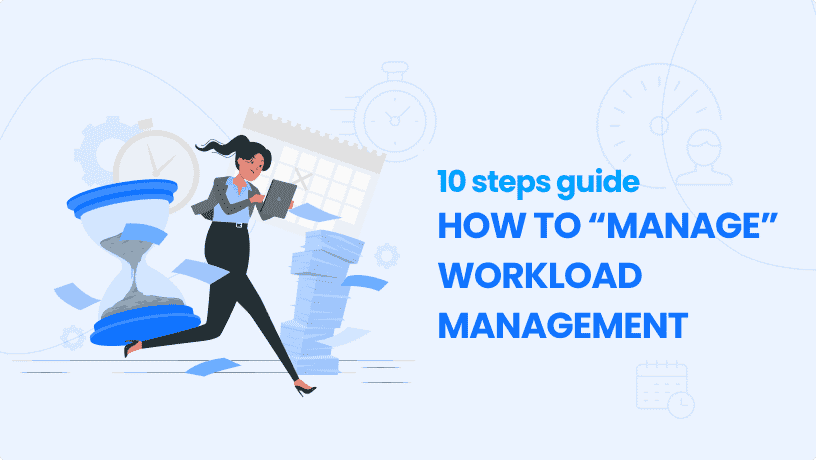






 Task Management
Task Management 




















 Customization
Customization
